Militant Politics by Class:
I’m going to break out it by more than social class here, because the relation to the means of production matters a lot, a lot, a lot when the rubber actually hits the road and civil war is afoot. Aristocracy: It’s Bolshevism. I’ve talked at length about the OGs, the Oldsheviks, but the pattern repeats elsewhere. Communism has taken root not where feudalism is weak, but where feudalism is strong – because the feudal element pushes it. It reinforces their class interests. There’s a meme about Early Life for cultural subversives. And if you dig into Communists, Early Life often reveals a rather… blueblooded origin. Che Guevara’s family has had a castle in Ireland for a thousand years. Do you have a castle? Fuck off. We even have the evidence of revealed preference. In WW2, more old titled Italians fought for the Communist partisans than for the Monarchists. Given a choice, the noble officers of the Reich surrendered to the USSR, in defiance of Hitler’s orders to keep fighting. The morale collapse came from the top. And not only that, once they surrendered, they immediately turned coat to form the NKFD, the Free Germany Committee, hoisting the Black-White-Red in defiance of Hitler. Count Einsdel, Bismarck’s grandson, gave a speech at the founding. What happened to them? They won. Combined with the SDP partisans, they were appointed the new ruling class of the GDR.
More like the Prussian Aristocratic Autocracy.
Uncle Joe didn’t let them keep the flag though. A real shame. Petit Bourgeois: They’re Fash. If you look at the voting patterns that put Mussolini and Hitler in power, strength came from the middle class and lower middle class. The sample size here is small. There is no scholarly consensus for the base of Peronism – too current. When people talk about Italy’s Fascist nobility, you have to remember that Mussolini created a new nobility whole-cloth out of his supporters. That doesn’t change their class character or interests. It’s like if all the “kshatriya” of NRx got titled. They’re still what they are. Anecdotally, my time observing the Alt-Right does suggest that a petit boug class character is approximately correct. They’re disgruntled suburban kids who are getting chewed up and spit out by modernity. They do a lot of the WASP-as-ethne thing rather than WASP-as-noble. In practice, some may say Fascist and Communist regimes are similar. In practice, who wears the boot matters. кто кого? Will the middle class oppress the bluebloods or vice versa? Of course, the latter is the natural order of things. Soldiers: Soldiers like juntas, soldiers support juntas, junta leaders come from the military. I would put Nationalist Spain and WW2 Japan under the military junta umbrella rather than Fascism. Japan had signalling spirals among officers – not so in Germany. Spain is obvious. Peasants: For lack of a better term, Non-Aligned Libertarianism. There’s not necessarily a clear ideology here so much as there is a desire to tell the government to fuck off. You see this in peasant revolts where they don’t necessarily oppose divine order, just local oppression. Bundy Ranch et al, that’s about a land issue. Don’t tread on me. Get out of my face. Spanish anarchism, which had a real government, was rooted in the Spanish hill country, with people that trusted their villages and hated the G Men of the monarchy. The Russian Civil War era Green Army was less ideological anarchism or libertarianism so much as it was resisting the unjust and ruinous taxes and drafts the Bolsheviks were imposing to win the war. It’s less of a positive vision and more “stop oppressing me, bro”. As Moldbug puts it, they just want the dick in their ass to pound softer. That’s the extent of the demand. Political changes rarely come from any kind of spontaneous rising of the lower element because they’re, by nature, pretty disorganized and non-ideological. They get used. Bureaucrats/Eunuchs: Technocratic Liberalism, which actually precedes liberalism anyways. Bureaucrats want the reign of the unelected bureaus. I hate them. They want to expand their bureaus and suck up more tax dollars into them ad infinitum. They don’t value posterity. Because they lack long-run interests, their loyalties, like soldiers, are to their institution. Unlike soldiers, their pay depends on the creation and failure to solve problems. Bureaucrats create their own poisons and every eunuch regime has trended towards anarcho-tyranny. The Janissaries plundered the Ottomans and the Serbian revolt started because they were robbing Serbia blind. When the noble lord of Serbia fell, the (Christian Serb) soldiers elected one of their own as Duke, and he wrote to the Sublime Porte to swear fealty. Well, the treachery of bureaucrats and the rest is history. His oath was rejected, he revolted (win or die!) Eunuchs regularly despoil China in periods of imperial decline. If bureaucrats ever solve their issue, they get defunded. It’s a self-licking explosive ice cream cone. “Resist” techniques are nothing new. After Lenin took power, the remnants of the treacherous socialist left, along with the Kadets, tried to organize bureaucratic resistance to his regime. They got shot. Good riddance.
Never try to out-lawfare these people. You can’t win. The Late Janissaries had stopped being an army and had become a bureaucratic class – should specify that to avoid confusion. Big Capital (The Haute Bourgeois): As opposed to the petty or even much of the middle bourgeois, they’re not Fash. They’re Liberal, with a capital L. All that is solid melts into air, yadda yadda yadda. Wokeism is simply the most liberal of all liberalisms to date. Liberalism tells you that everything is universal, nothing has a nature, everything is a choice. In a sense, it is the opposite of materialism and the spirituality-cum-pastoralism of Soviet realism. Just consoom, bro. Everything is a consoomer product. Identities are products. Woke Capital was woke before woke existed. Back during segregation, segregationists, obviously, held the whip hand. Nobody was forcing Coca-Cola to support the Civil Rights movement. They did it anyways, in defiance of local authorities, because it serves their class interest. Priests: Insofar as anyone can be real, pure Reactionaries, priests are it. I don’t mean “Brahmin” – those are usually NGO-bureaucrats or regime officers. I mean literal priests. Reactionaries believe in some divine, ordained order – the Tradition. Well, priests obviously are very likely to have sincere belief in the religious, civilizational traditions of their culture. And beyond that, as the interpreters of said traditions, a real Reactionary regime gives them immense power. That’s a win-win situation. Not for nothing were priests so powerful in Ancien Regime French government. A Pope could make the Holy Roman Emperor kneel in the Middle Ages. Priests were like lords in their own right. A RETVRN to the Three Orders (Those Who Fight, Pray, Work) would be immense power. Conservatism isn’t an ideology, but the resisting of any movement towards a pure ideological power. It has its class basis among no single class, but the unradicalized.
The White Army was a ragtag array of mild monarchists, moderate liberals, fascist cadets, and Cossacks. The characteristics of a regime reflect the class coalition that supports it. In practice, you will see a lot of hybrid ideologies and admixtures. Pure colors are rare. As the situation grows more dire, class consciousness rises, much like in Vicky. People come to align themselves more with their class.
When push comes to shove, people act according to their material interests (I would say that, being a Marxist, itself is my class interest). “Socialism never took root in America because the poor see themselves not as an exploited proletariat but as temporarily embarrassed millionaires.”
True. America, not totally without reason, sees itself as a classless society. It doesn’t have the class elements for socialism. The class elements for socialism are not proles. America is overflowing with proles. Where America had an unbowed nobility, the WASPy Northeast, Red infiltration was everywhere.
When you look at things with IMMORTAL SCIENCE OF MARXISM-LENINISM and MATERIALISM, things make sense. To my beloved kulaks and oppressed proletarians, I cordially invite you to form a red-brown alliance to oppose the tyrannical, totalitarian regime.
Yours,
Monsieur le Baron
How should a state be governed? What is the nature of good rule?
It is often instructive for us to ponder the writings of past leaders.
I present the Political Testament of Cardinal Richelieu.It may surprise you, but despite being a clergyman, Richelieu was pretty bullish on the aristocracy. Being raised with plenty gave them generous temperments which loved virtue and honor.
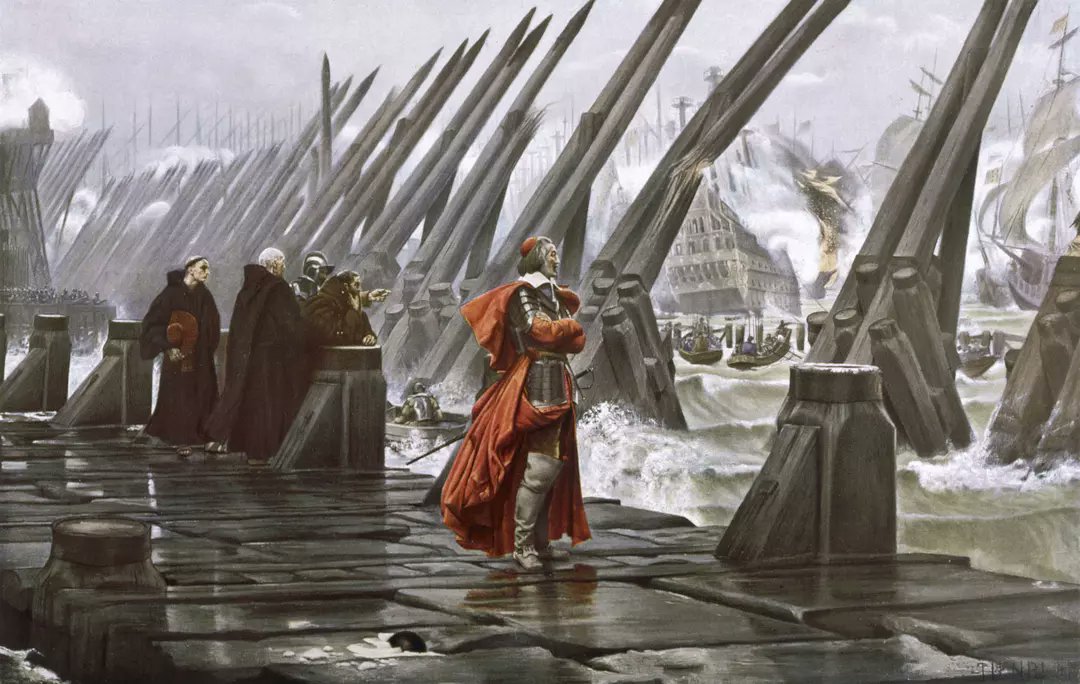
Nobles in positions would act with mercy and not disdain the small stuff as beneath them.
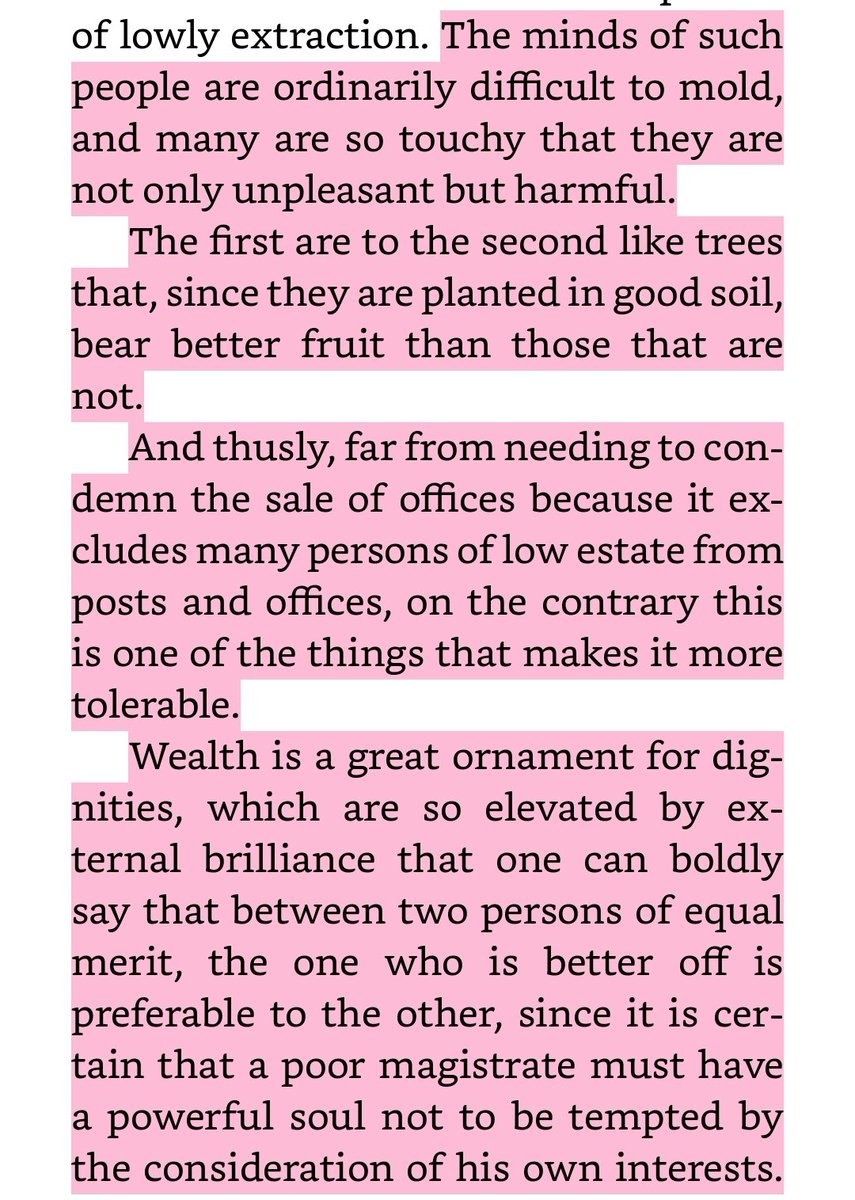
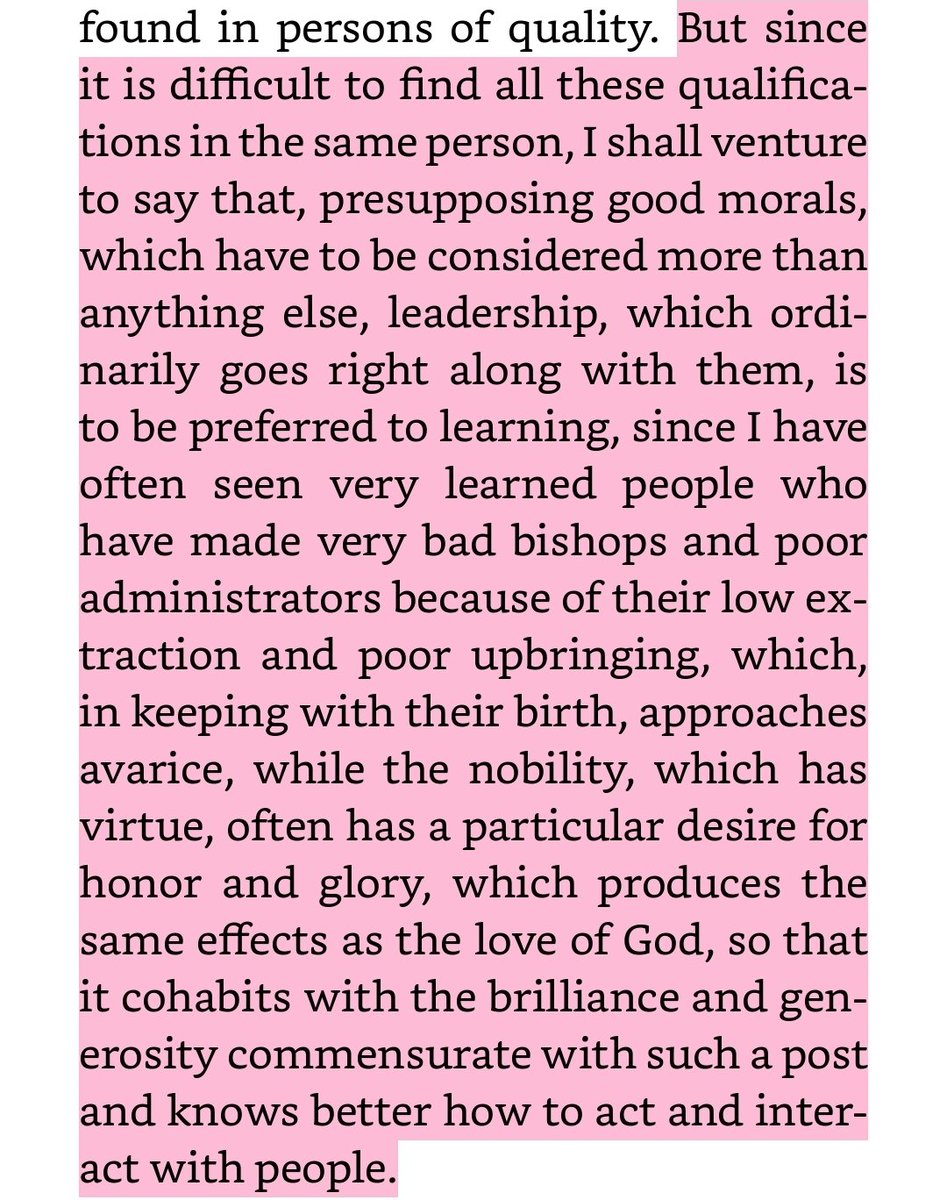
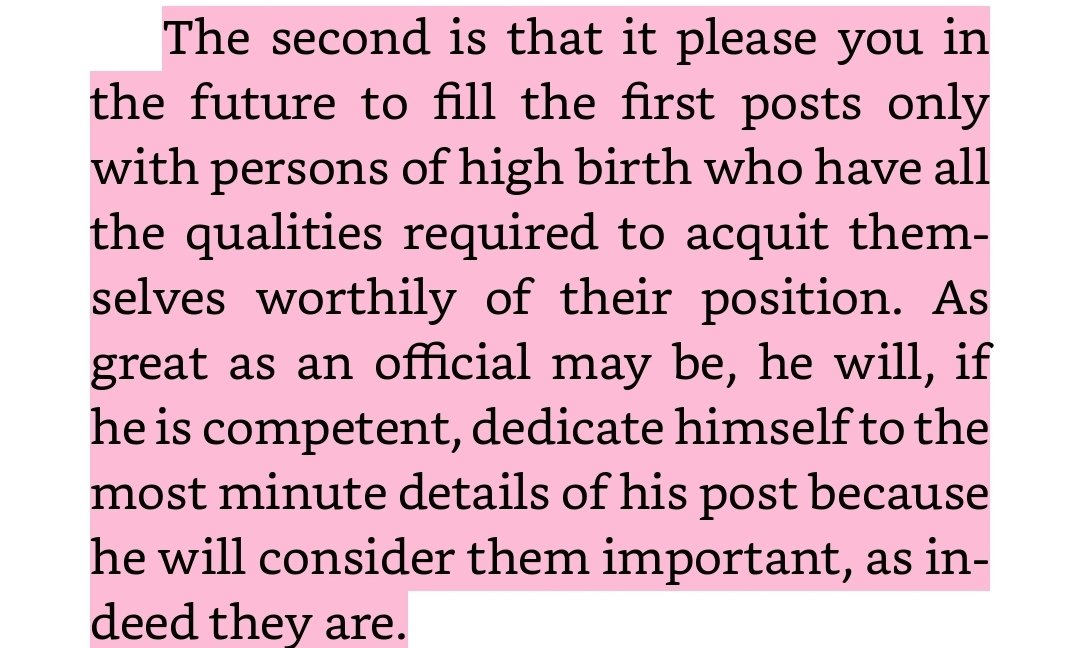
Of course, the clergy had their advantages. Nobles could be indolent and unserious. And most importantly, a consideration so important it could singlehandedly make Richelieu recommend clergy for the highest posts – clergy were loyal. Here is the seed of the bureaucrat problem.
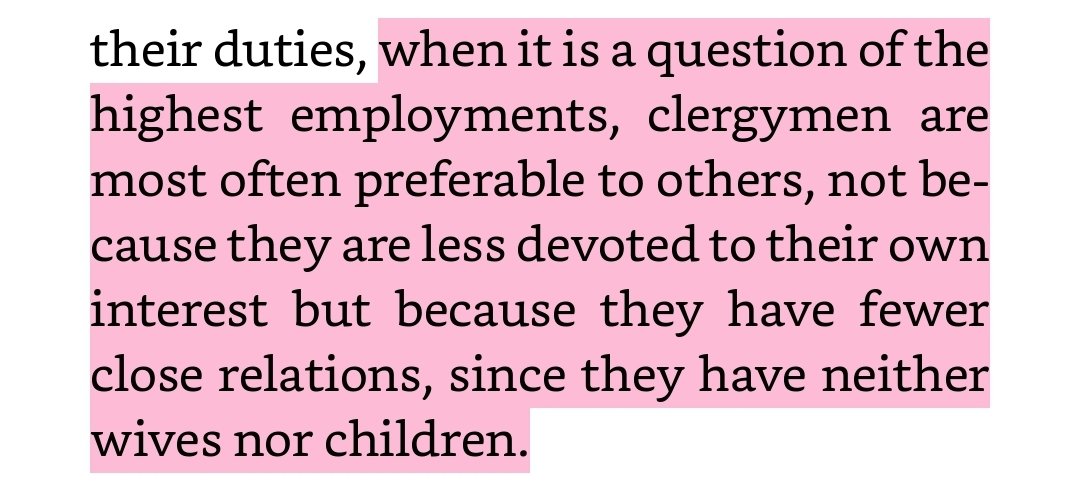

So a significant amount of the Testament is dedicated to the noble problem. And specifically, noble relief, for the nobility was suffering from severe debt burdens which made it difficult for it to carry on in a virtuous manner and sustain itself.
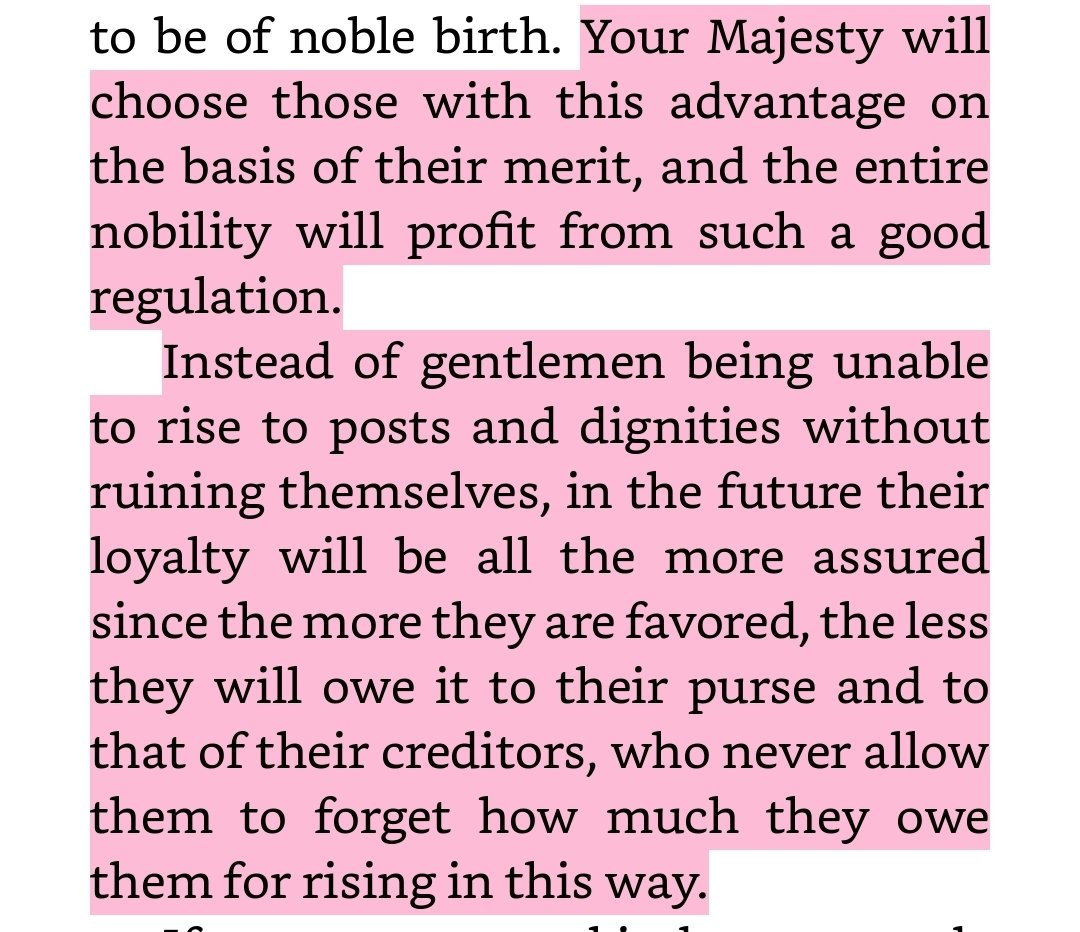
Part of this was the lavish living of court life. This may sound familiar to anyone who knows someone who ruined themselves to enjoy the HUSTLE AND BUSTLE of the BIG CITY. But there was another problem. The university system was totally corrupt and this was proving ruinous to the state. It needed to be reformed. Those who became educated became prideful, refusing to engage in productive work, as it was now beneath their dignity.
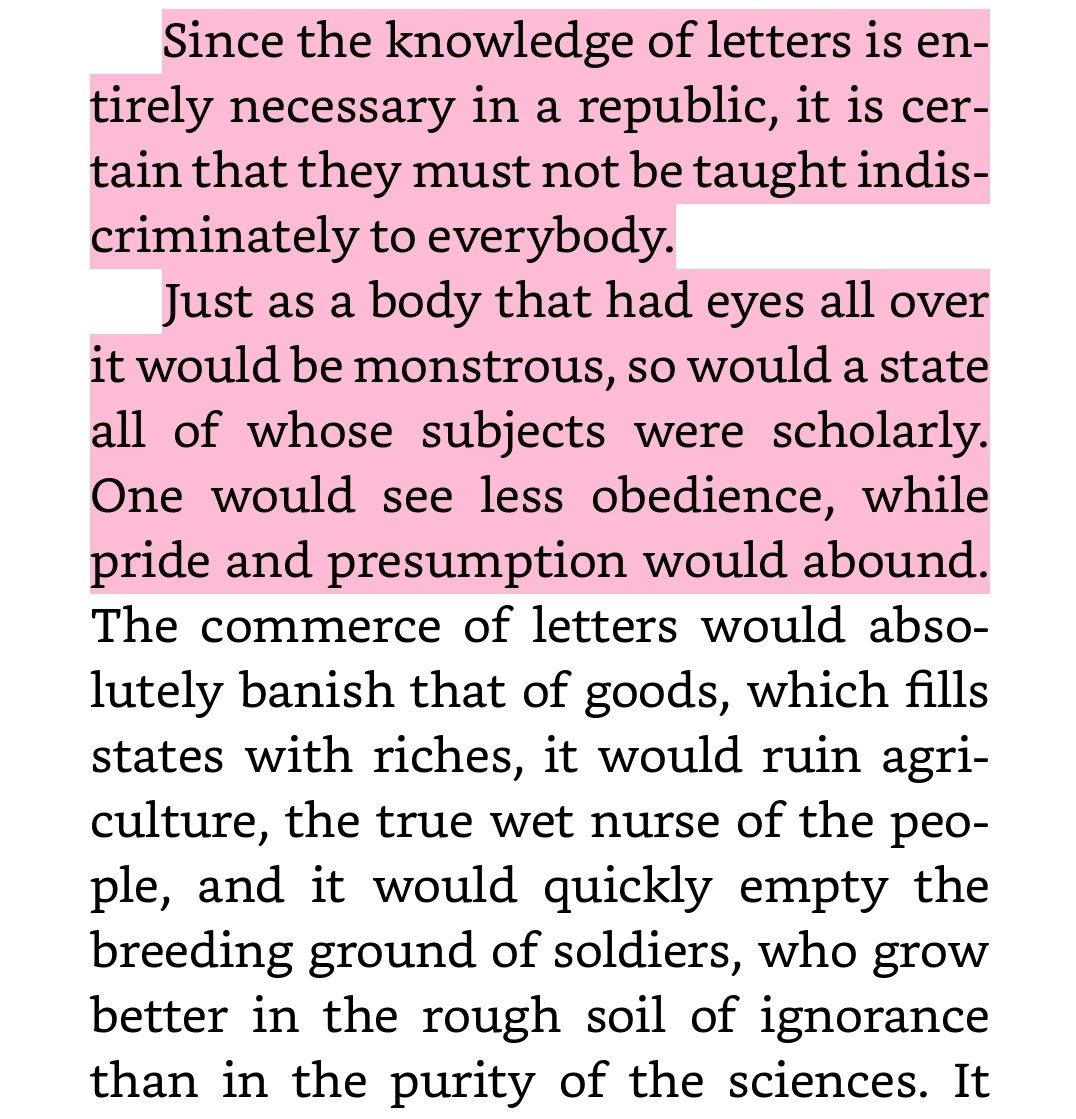
The proliferation of colleges was doubly injurious. Firstly, it allowed mediocrities and dullards to be awarded the dignity of professor and spread false doctrines. Secondly, it meant all had to study despite a lack of talent for letters, lest they be stigmatized.
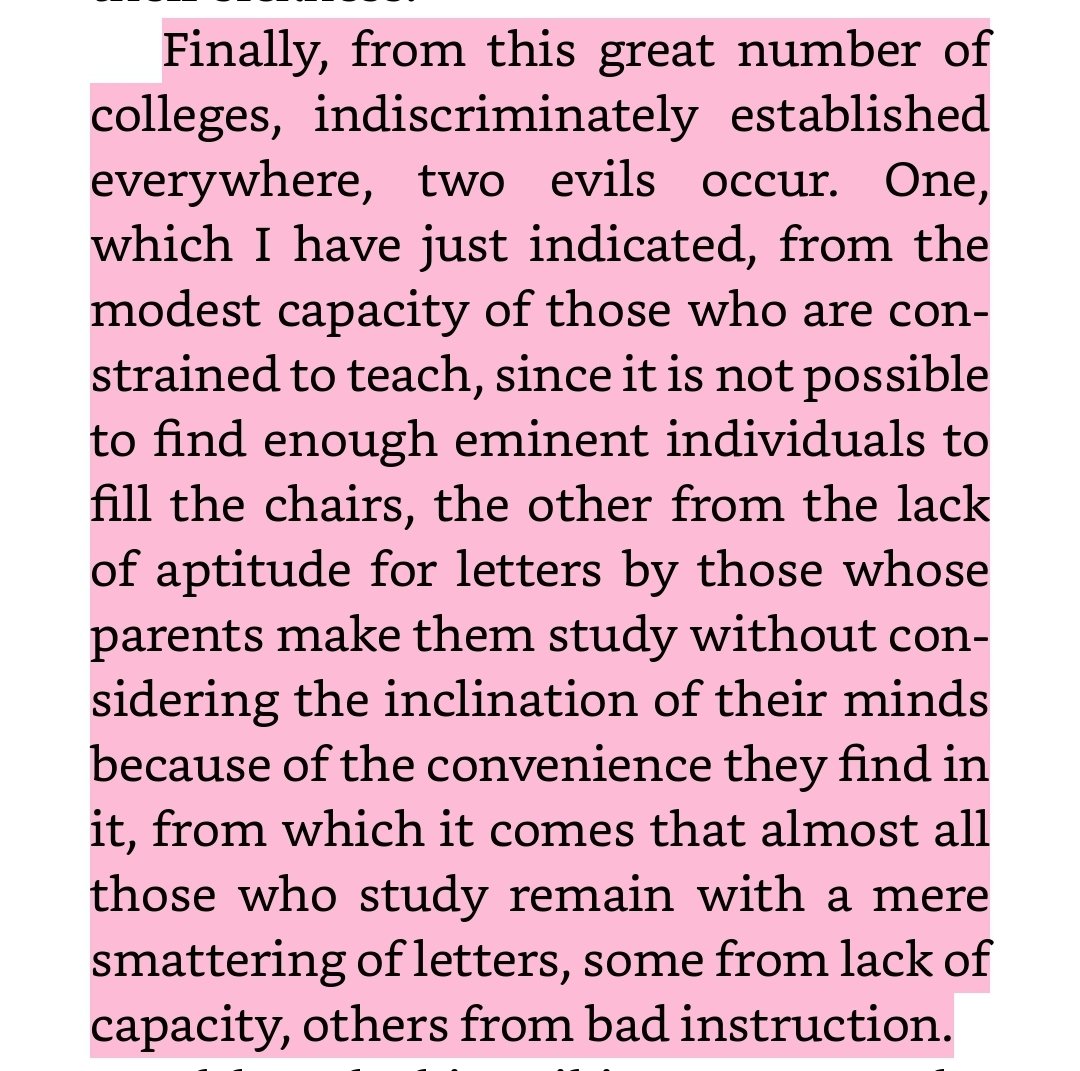
If France was to prosper, the schools would have to be brought in line. And once brought in line, the King must keep a firm grasp on them, for they are one of the most vital organs of the Ancien Regime. The power must be divided and watched lest these problems emerge again.
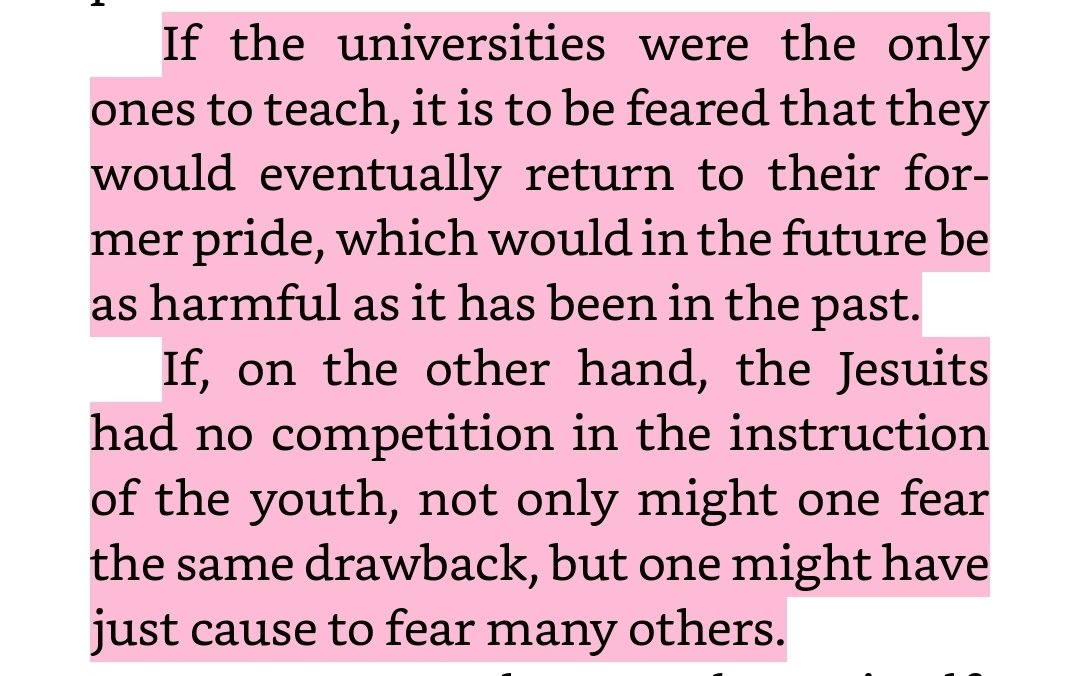
This excess of schools created an excess of sophist lawyers, mad monks, and greedy bankers. Instead, more ought to be doing the mechanical arts (STEM) and becoming soldiers (France had a shortage of cavalry officers).
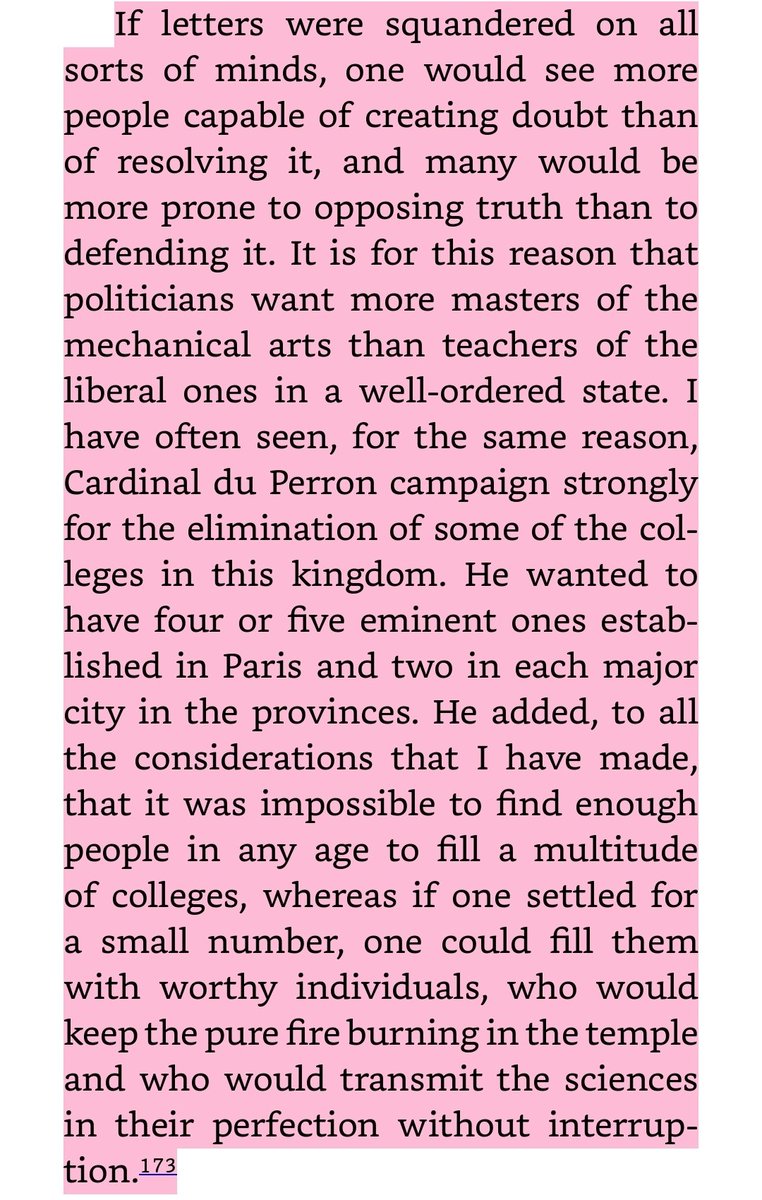
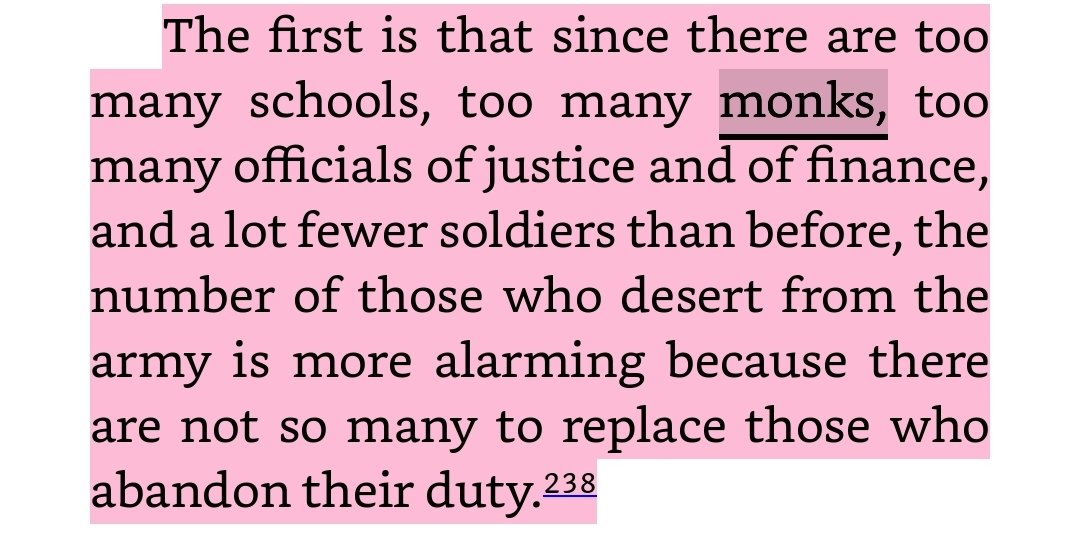
Sophist law professors created men without integrity, training young men who merely parroted opinions they did not understand. Law became onerous and expensive, allowing the rich to abuse the poor through the court process itself.
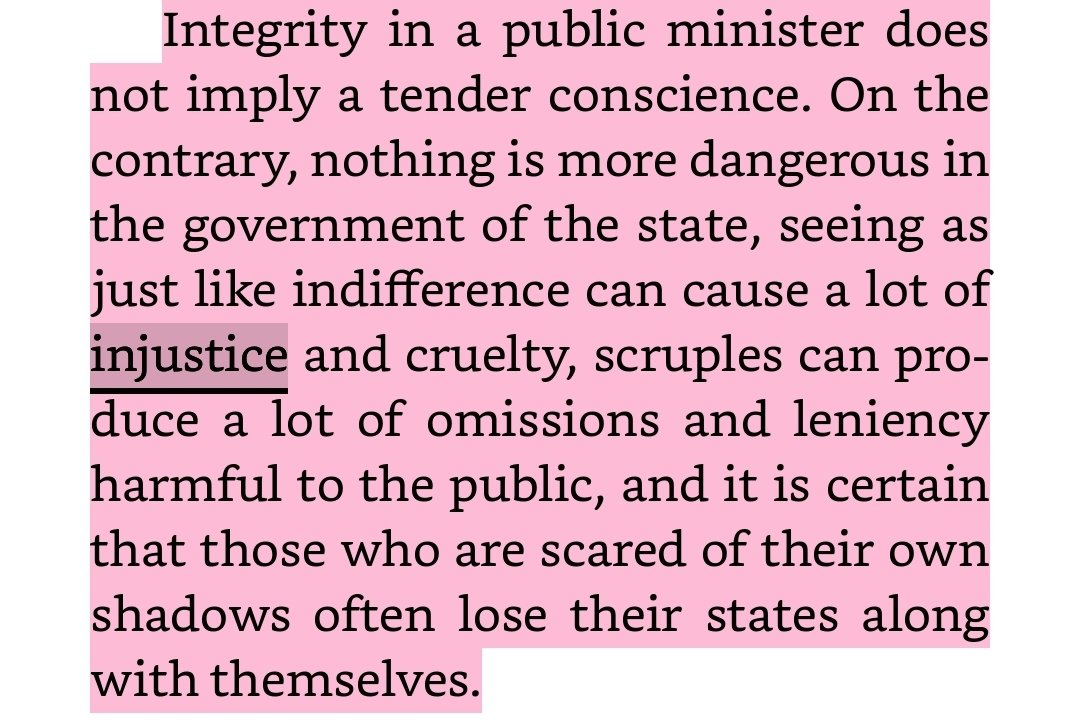
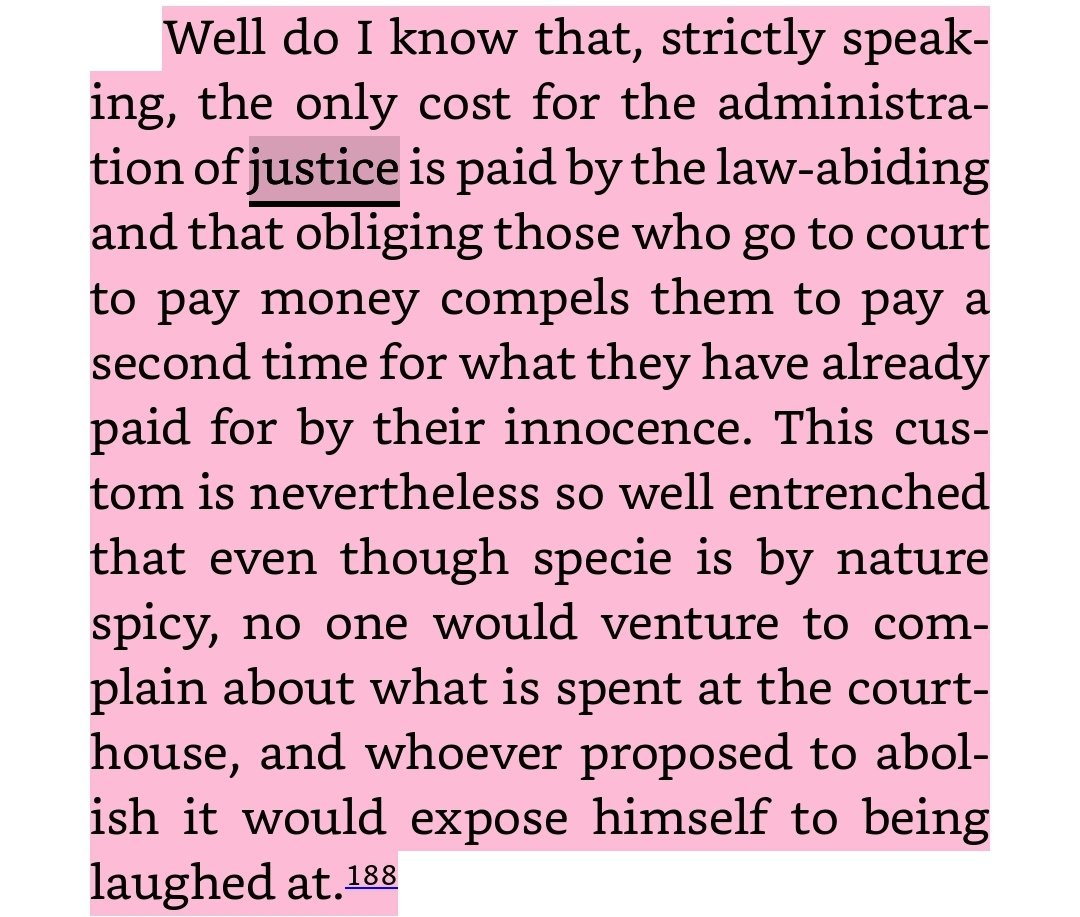
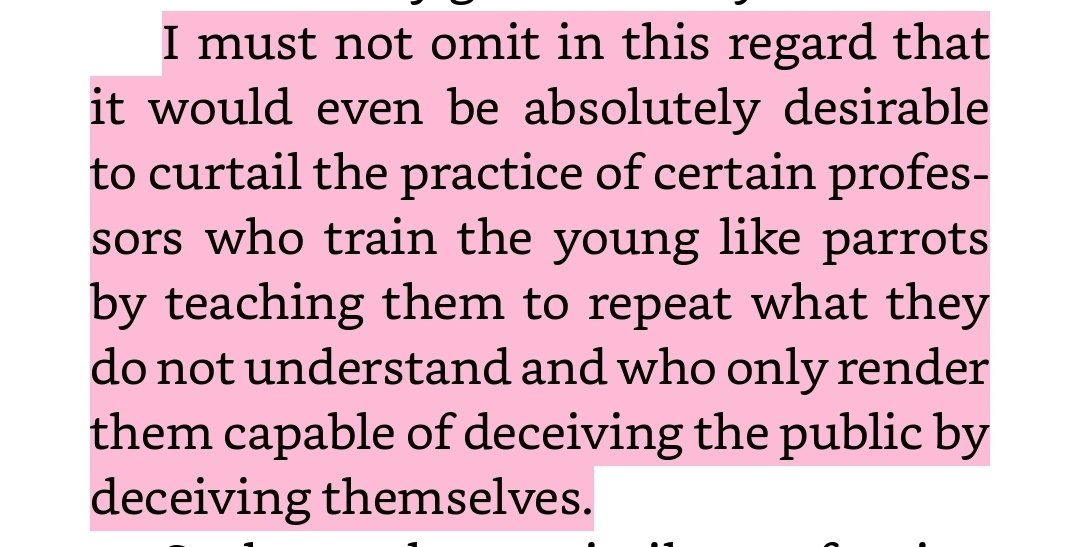
The financiers thieved the wealth of the nation by turning their tricks towards converting all enteprises into interest farming schemes, replacing real commerce with financial trickery.
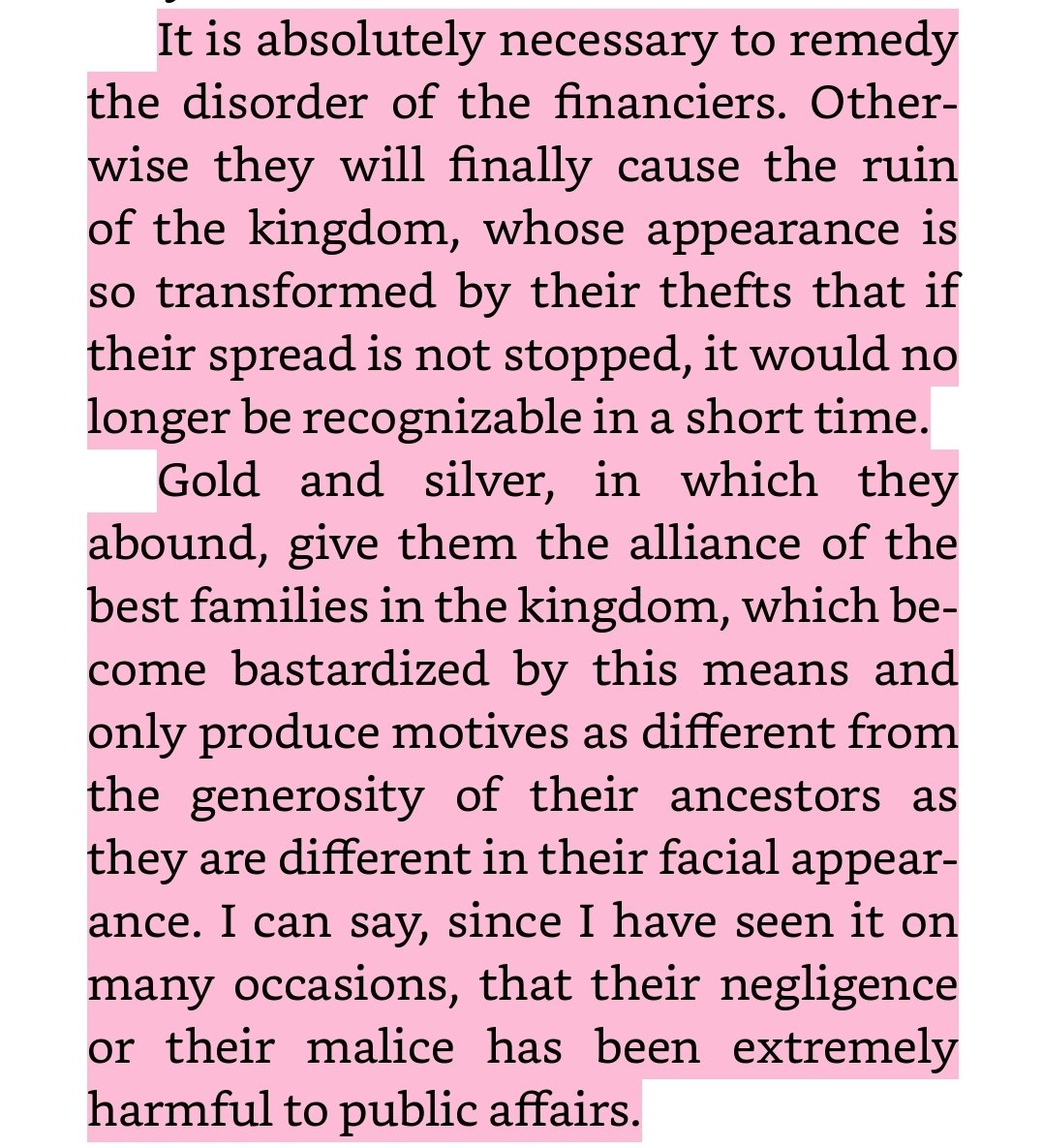
The mesalliance of the nobility and the financiers was one way in which noble families attempted to avoid their ruin through multiplication. To solve these issues, Richelieu proposes pro-natalist financial support, primarily through the military.
Send failsons to boot camp.
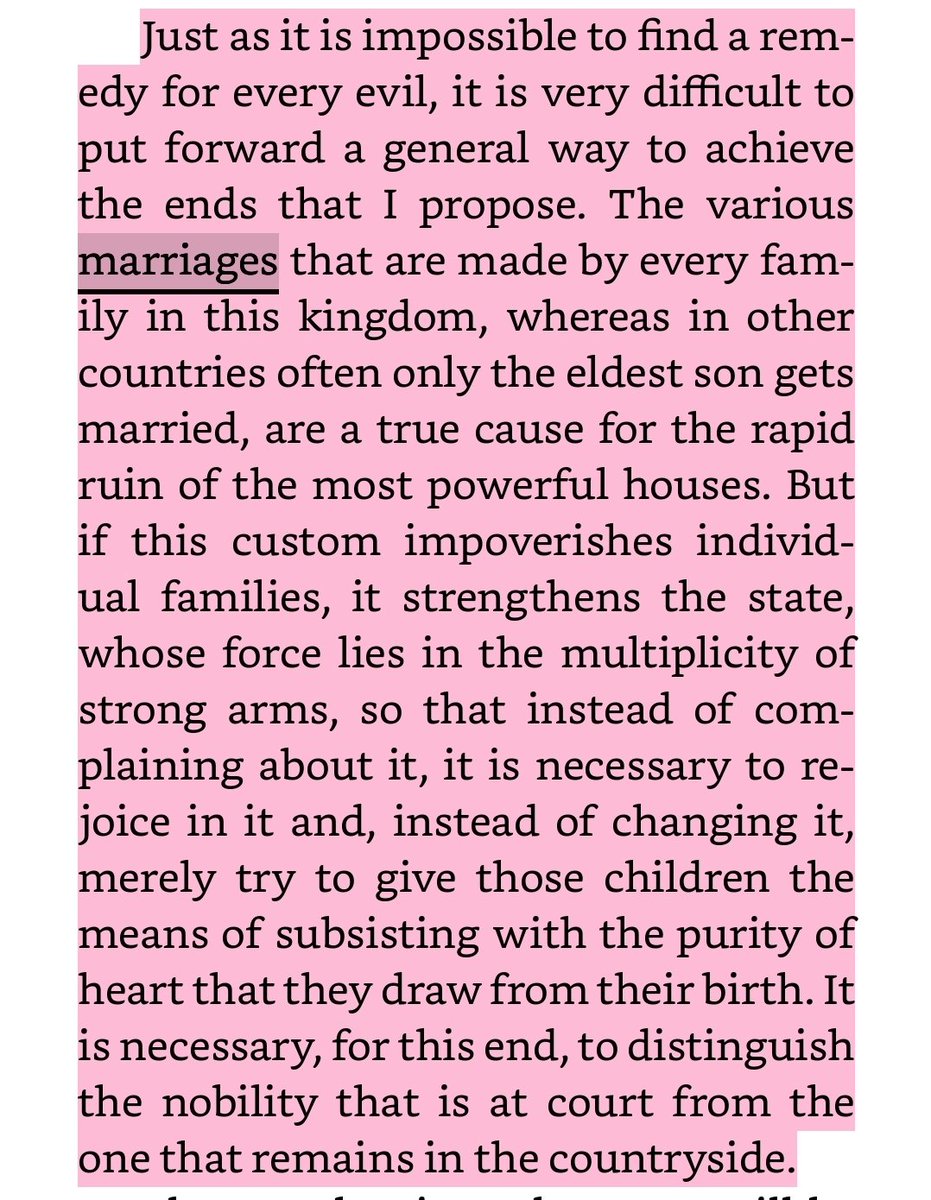
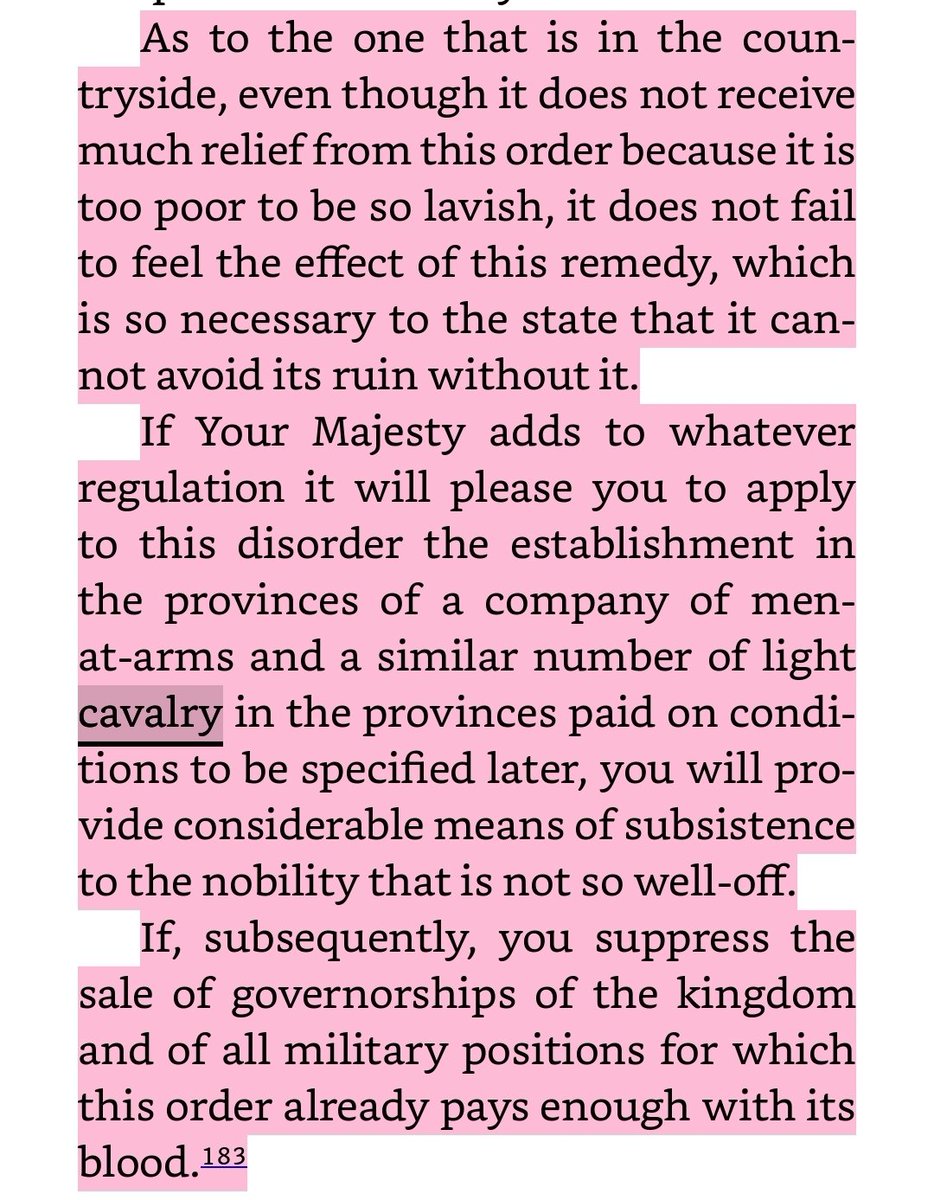
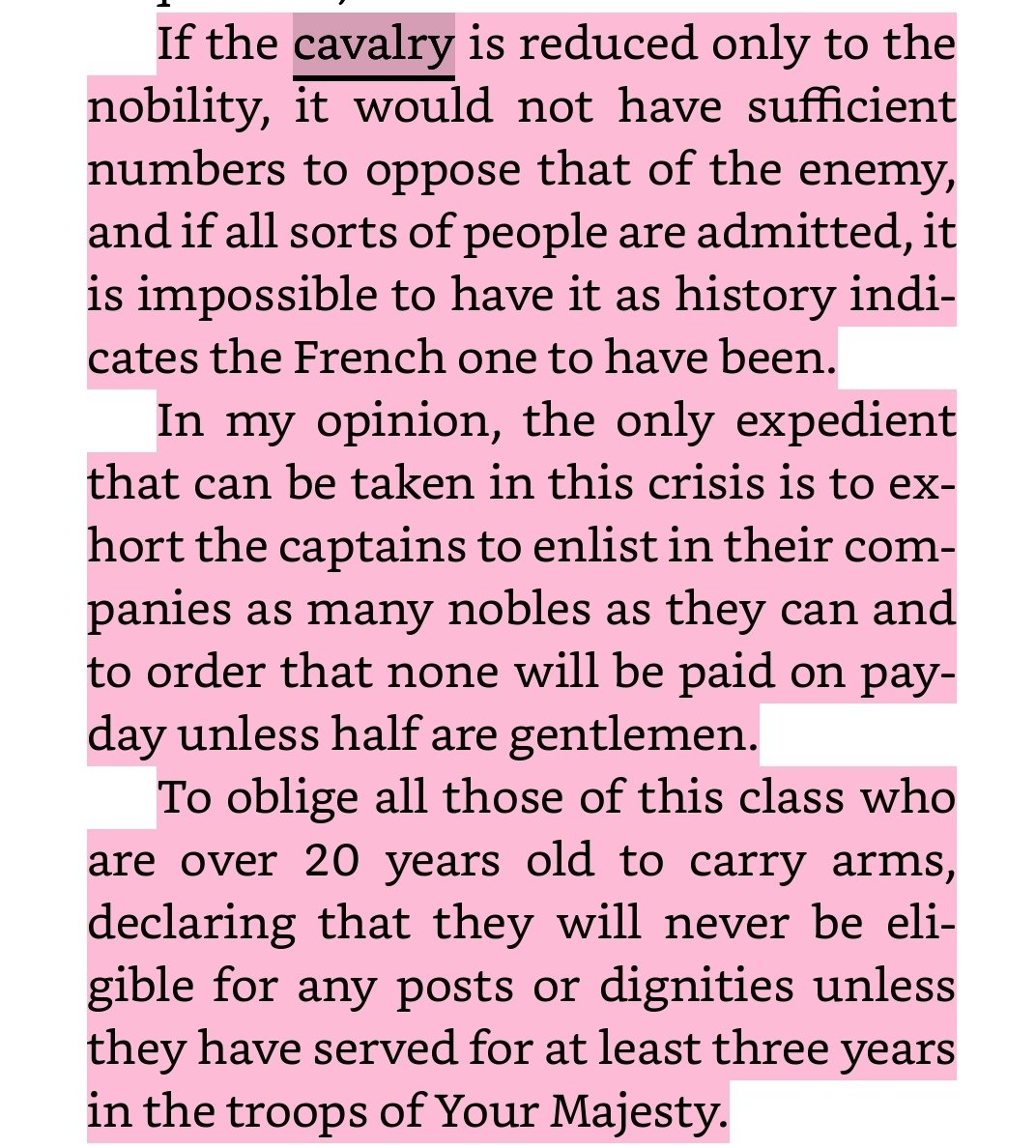
Fortunately, since our modern times are so enlightened and our leaders so educated in statecraft, we have avoided these problems and the ruin of our own state. Enough about the problems a King must solve, the forces of entropy that constantly tear down a state. What should a good minister be? What are the qualities of a fine ruler? They are competence, loyalty/integrity, courage, and dedication. To find someone excellent in all qualities is needed for a great state – merely being good results in mediocrity.
This is not necessarily possible, so one is happy to find the best you can get.

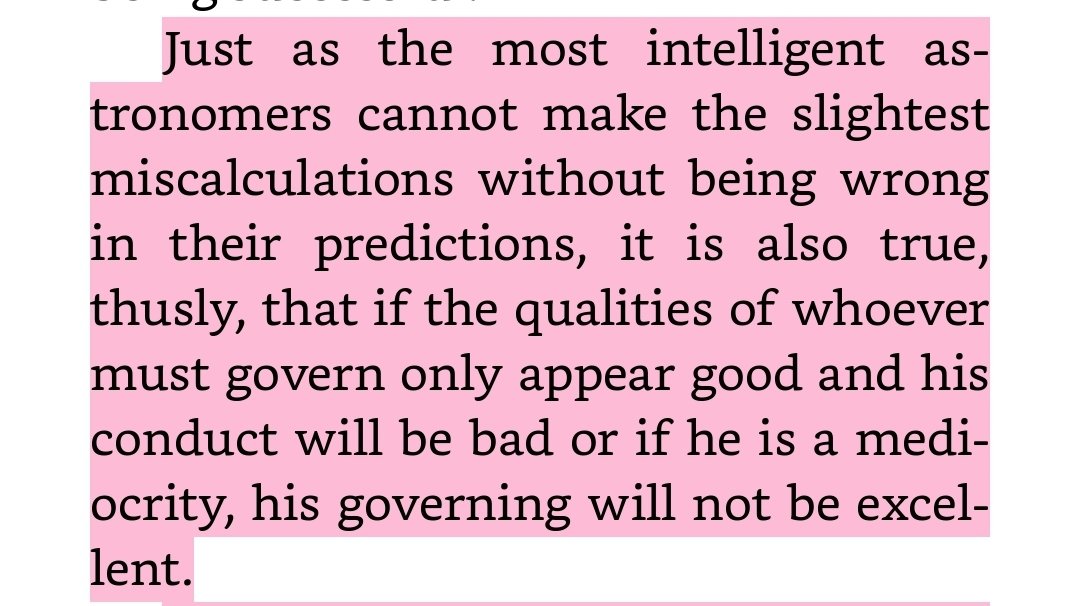

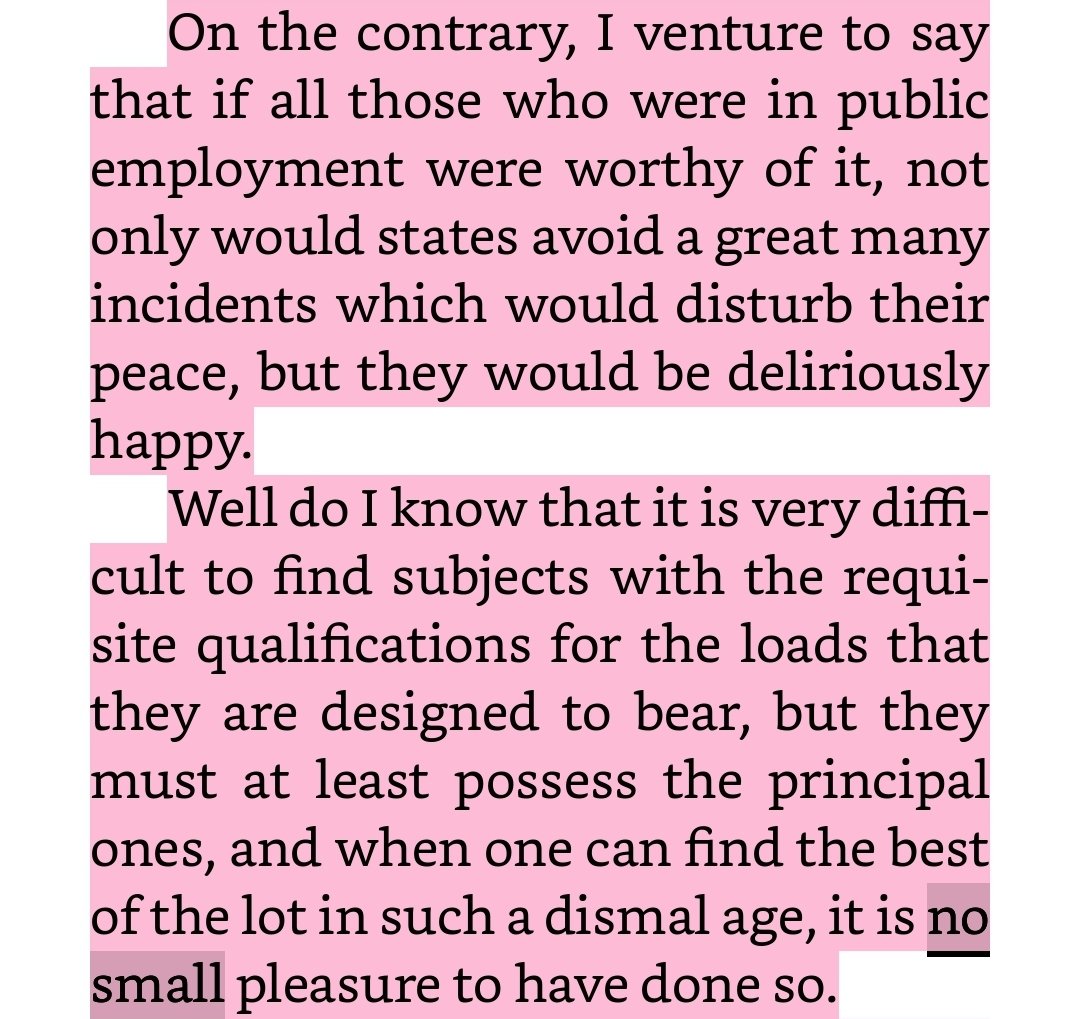
Competence may seem self-explanatory, but one thing may surprise you: trust not geniuses. Geniuses are often too enamored with the past and with theory over action. Like, a genius might be reading some old book by some dead church faggot.
History rhymes, but it never repeats.
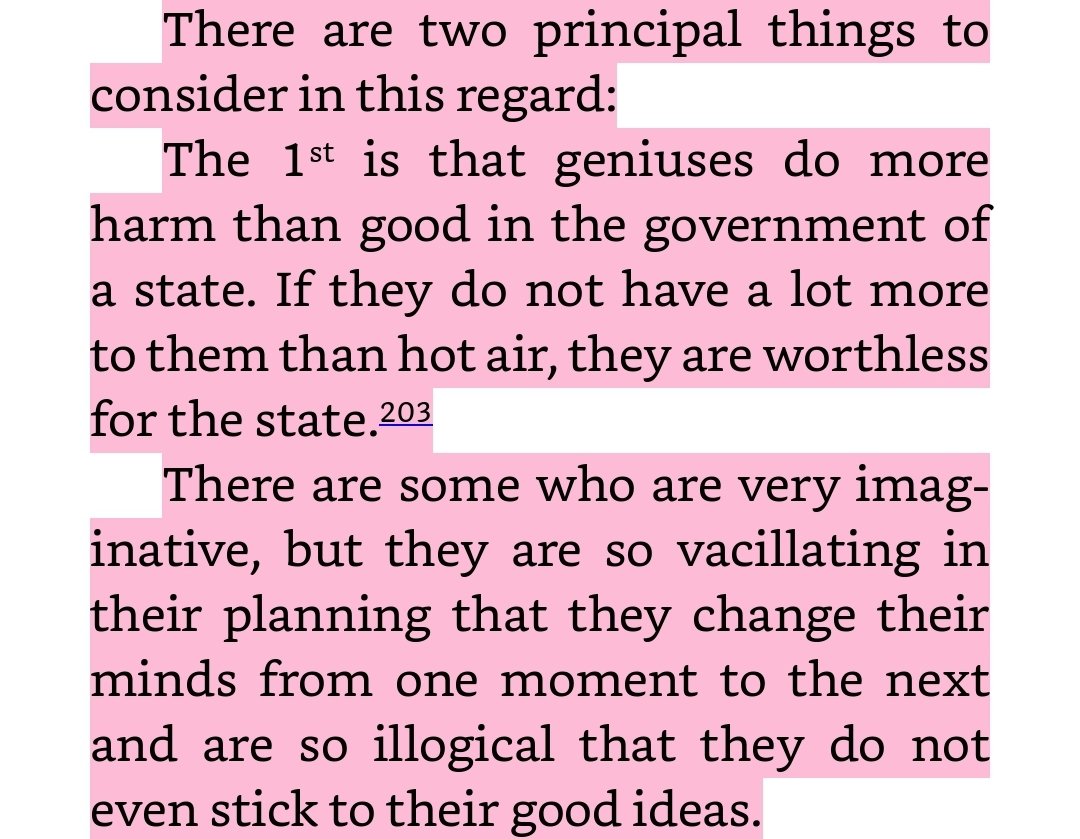
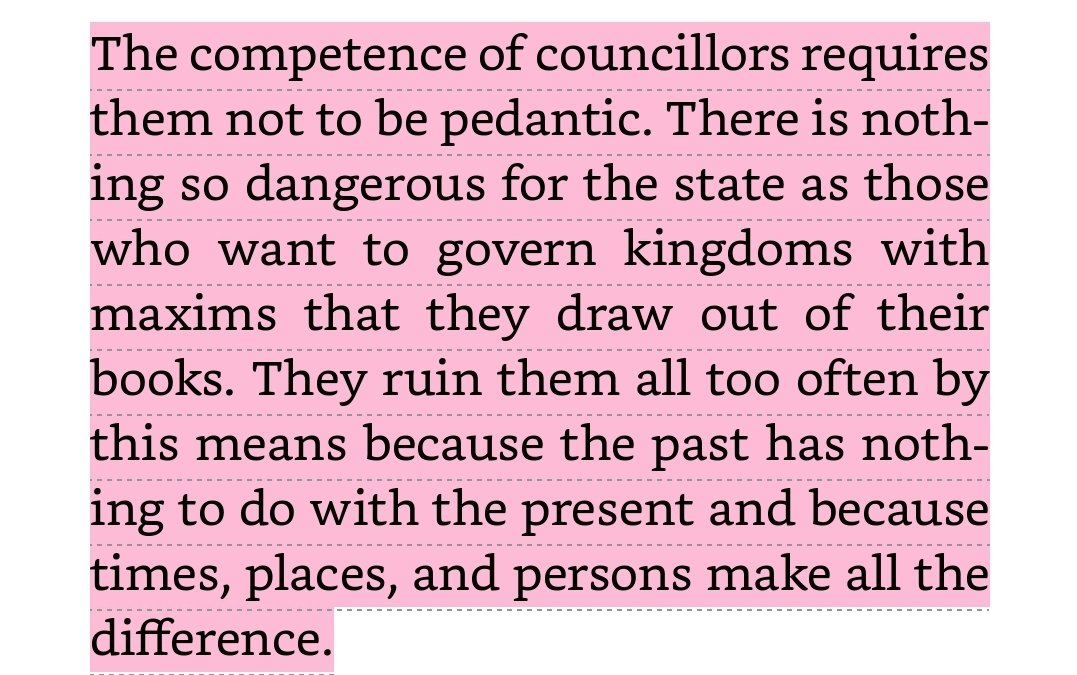
The second fault, common to both geniuses and idiots, is that they don’t listen to others. A good chancellor must be an excellent listener, so as to learn the good advice of all around him, and to be aware of the problems which plague the state.
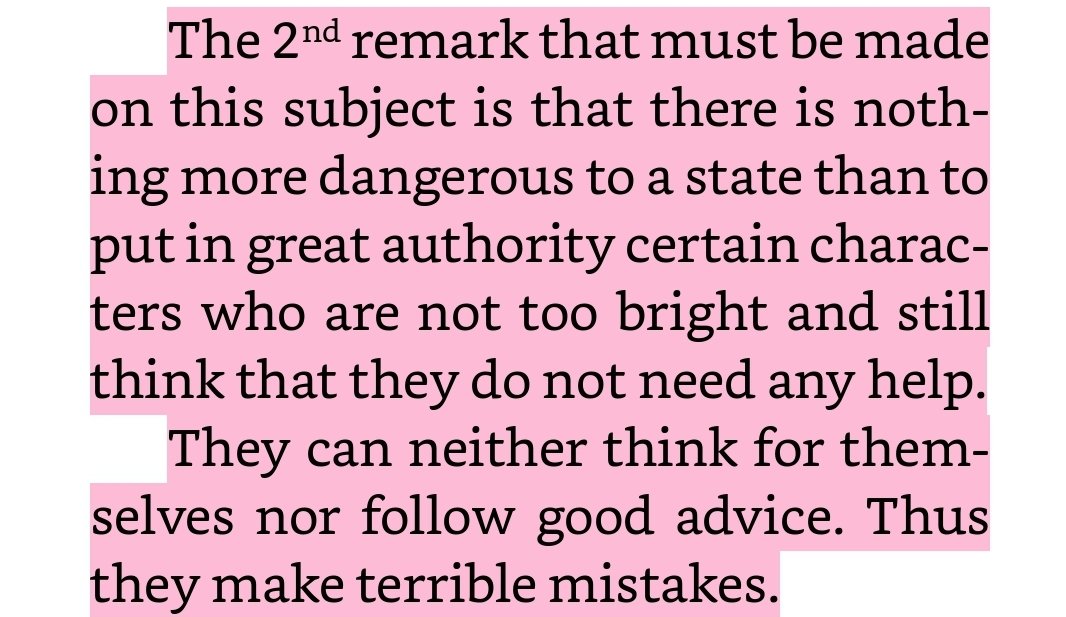
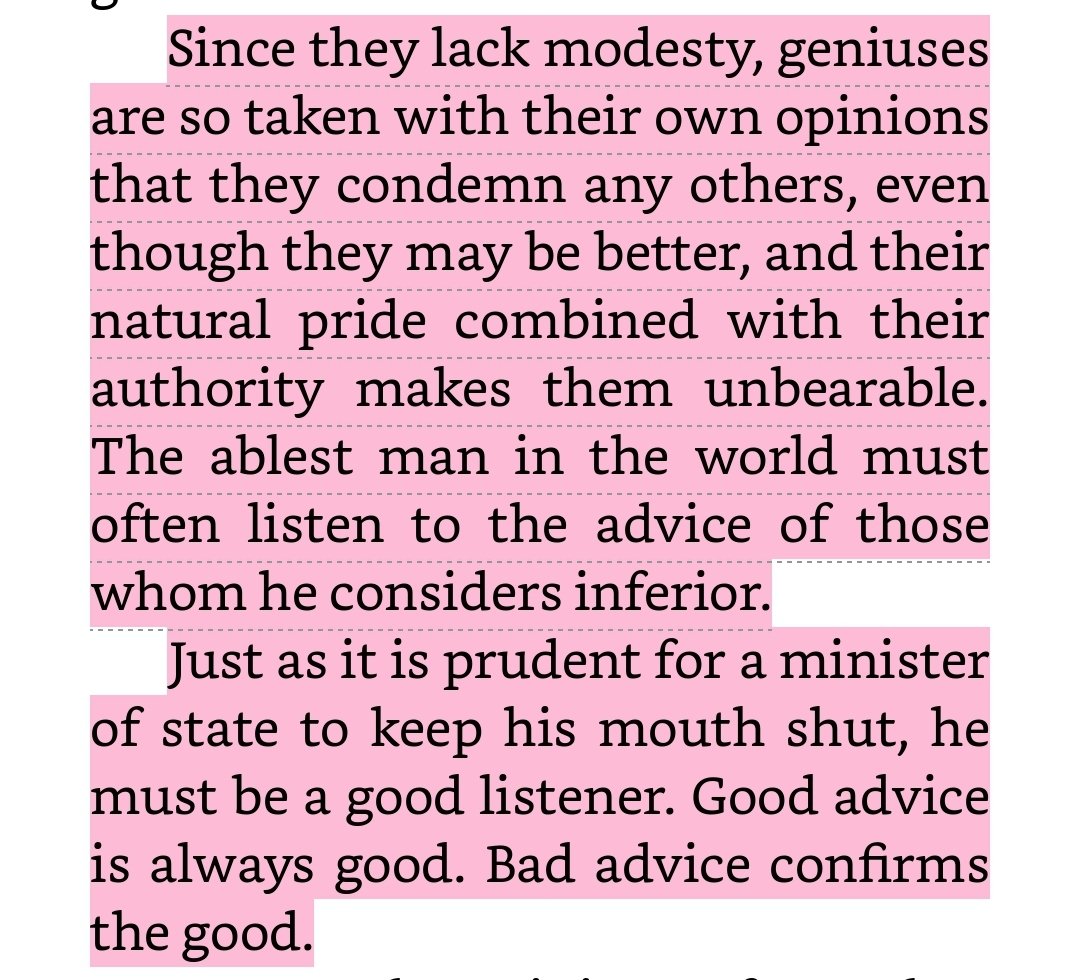
Integrity is not about having a soft heart. Indeed, doing what is just often requires doing that which is ruthless, for the enemies of justice are the enemies of all, and to pardon injustice is to license all manner of crime and disorder.
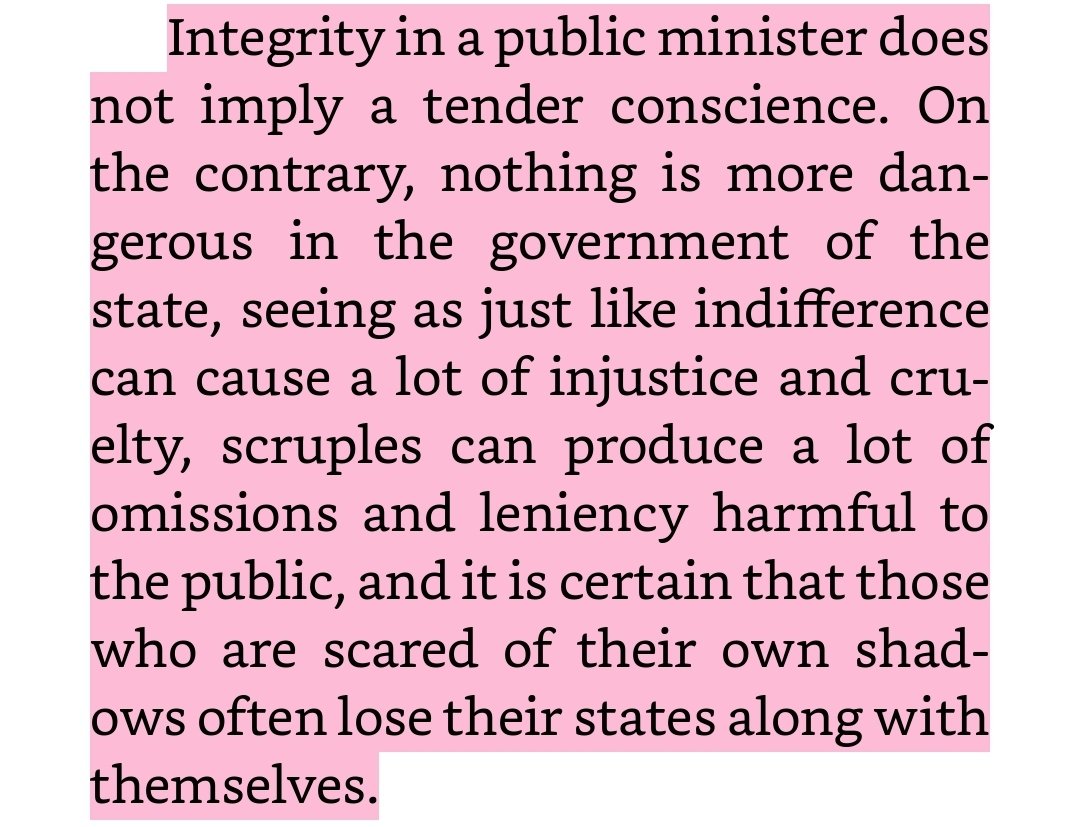
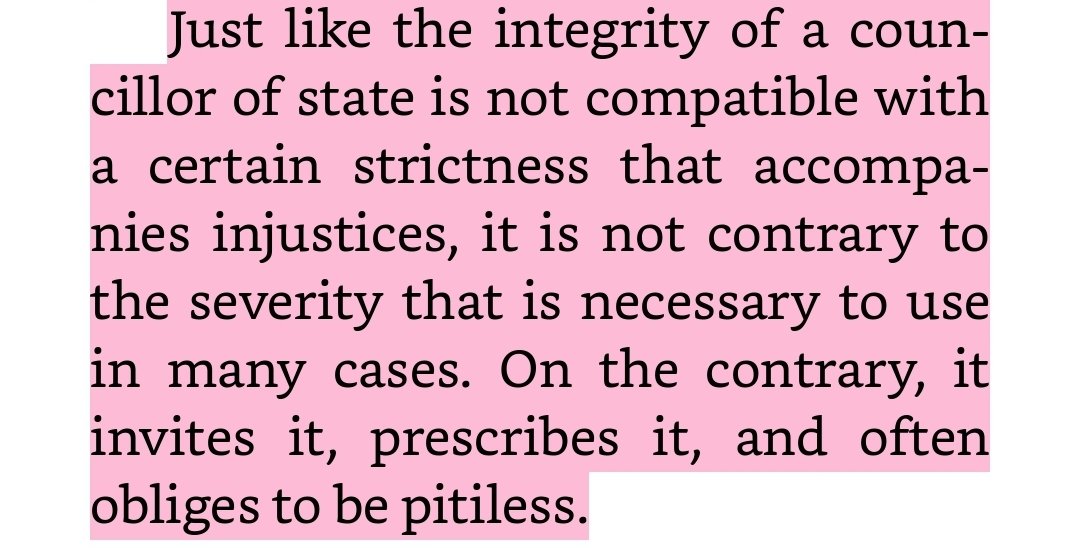
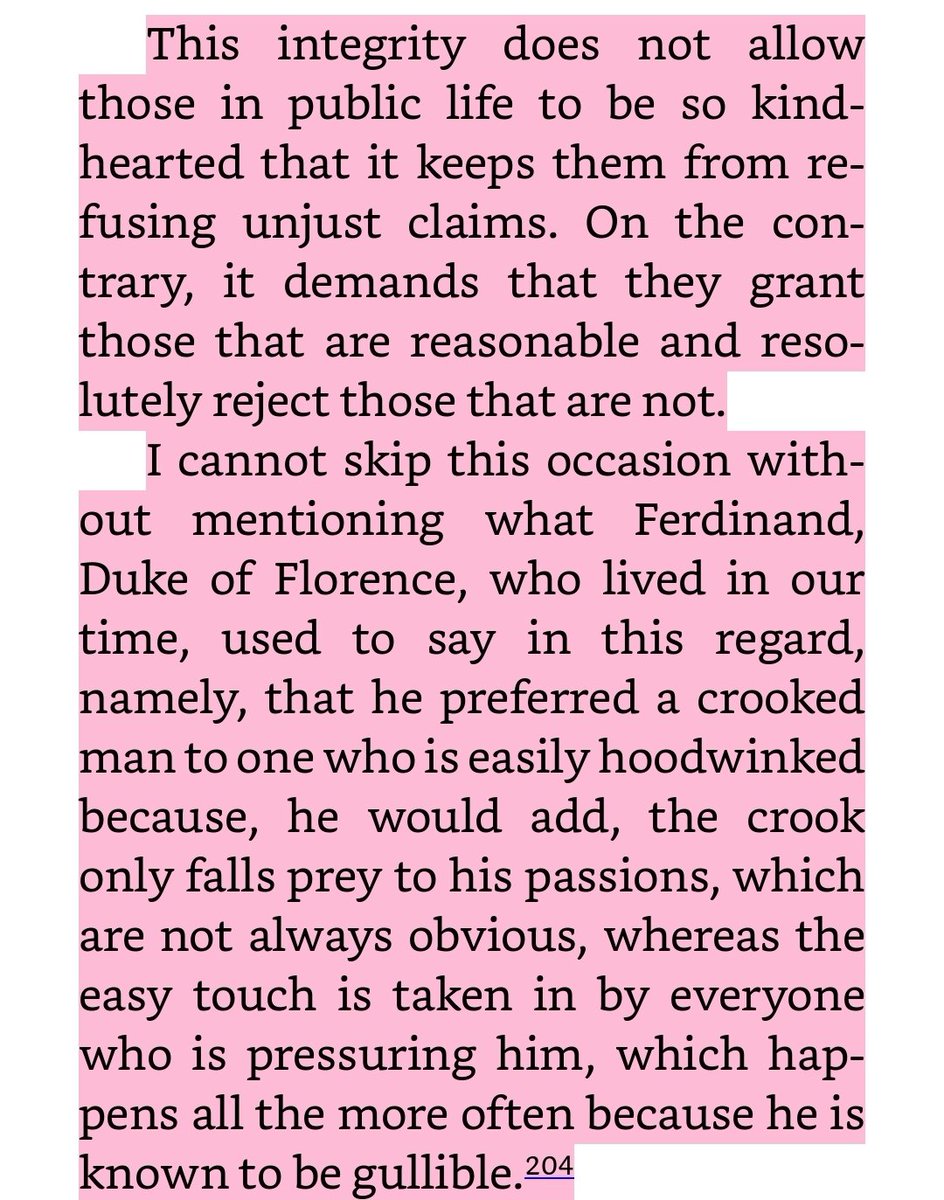
A person with integrity does not uselessly complain or pridefully virtue signal. They are not vindictive. They do not seek recognition, for none will give it. They possess the strength of strength.
They bear up under the unbearable.
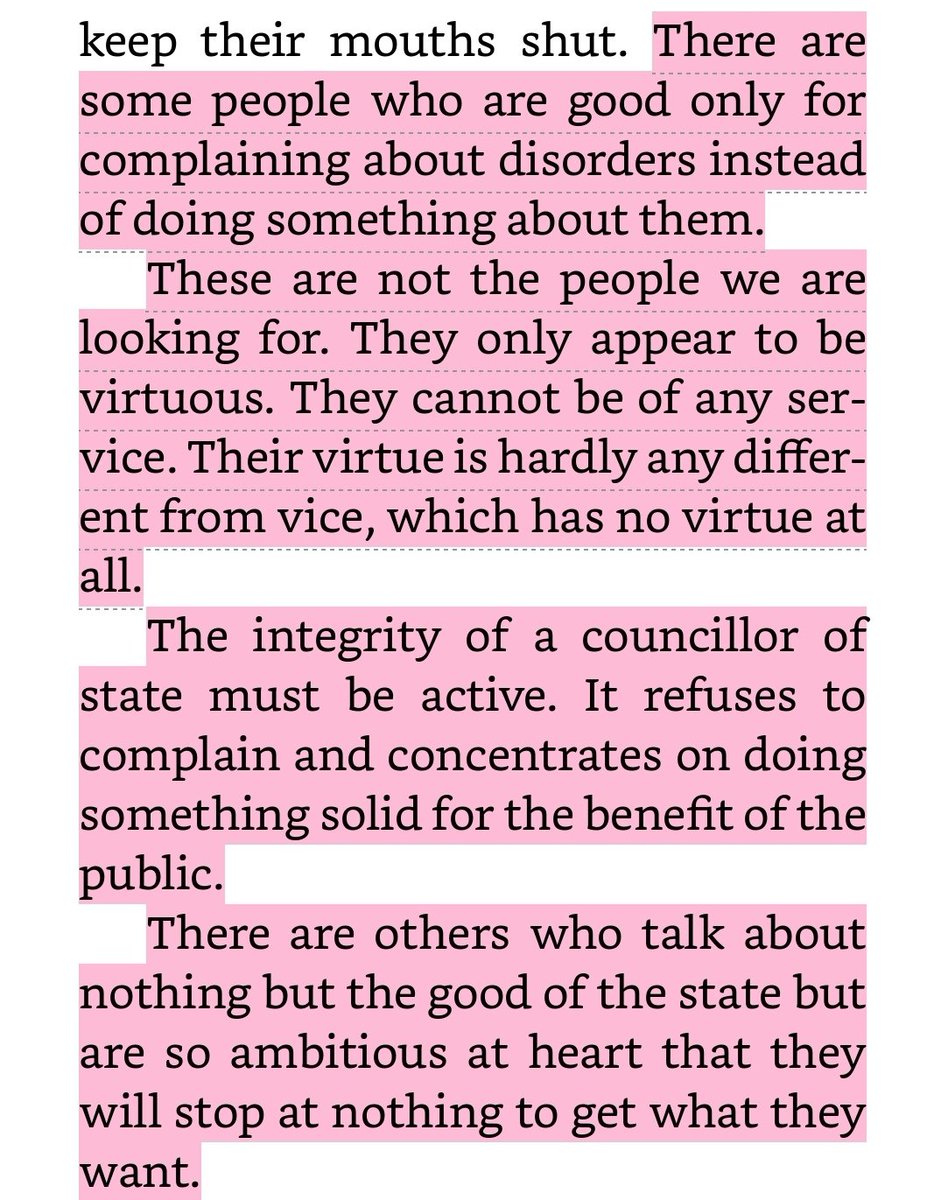
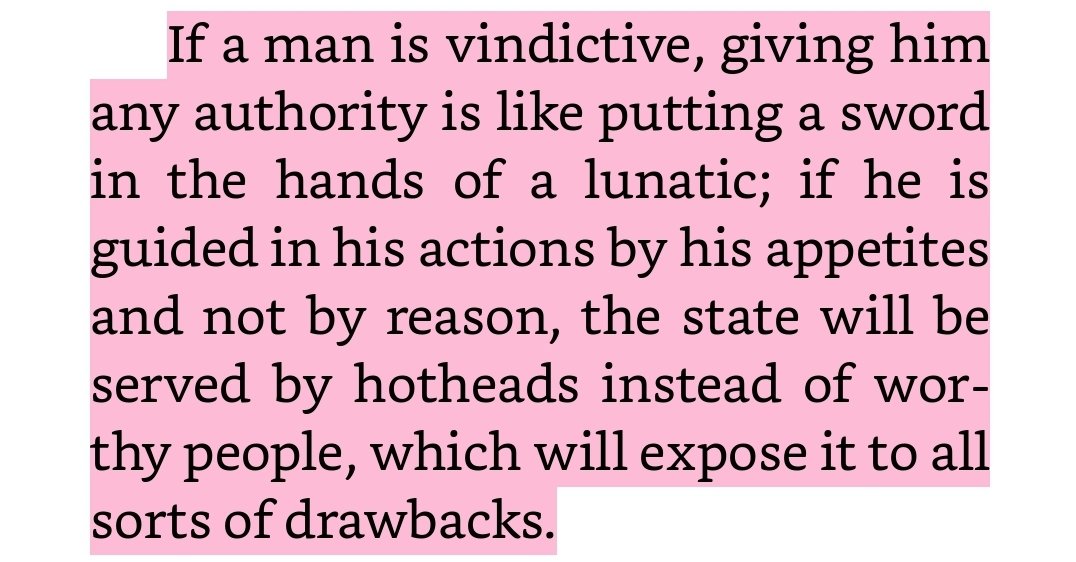
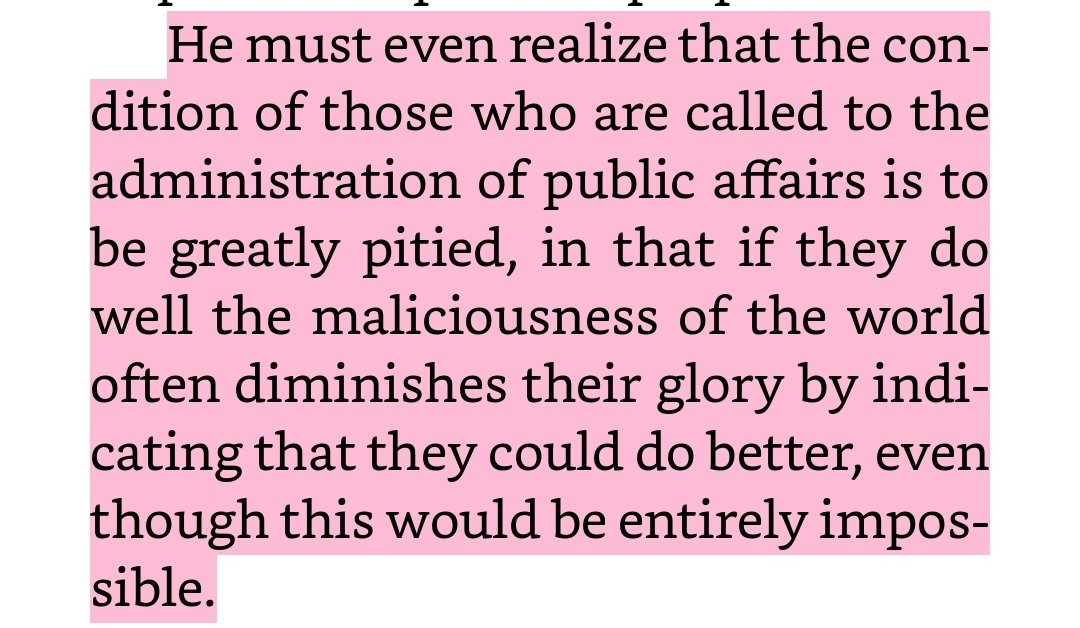

What is political courage? It is the strength to do small things, not just big and grand things. It is the ability to disdain snark and love sincerity. And above all, it is the strength to face opposition and not bend one’s course. To resolutely hold one’s stance.
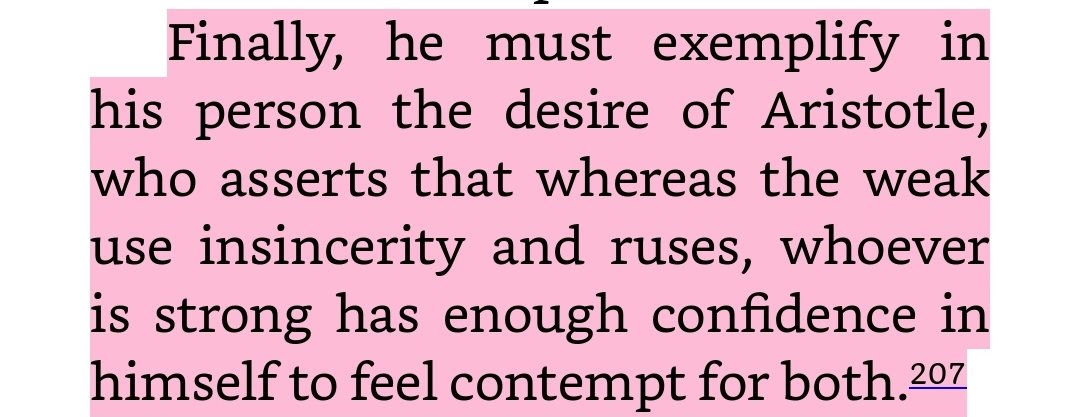
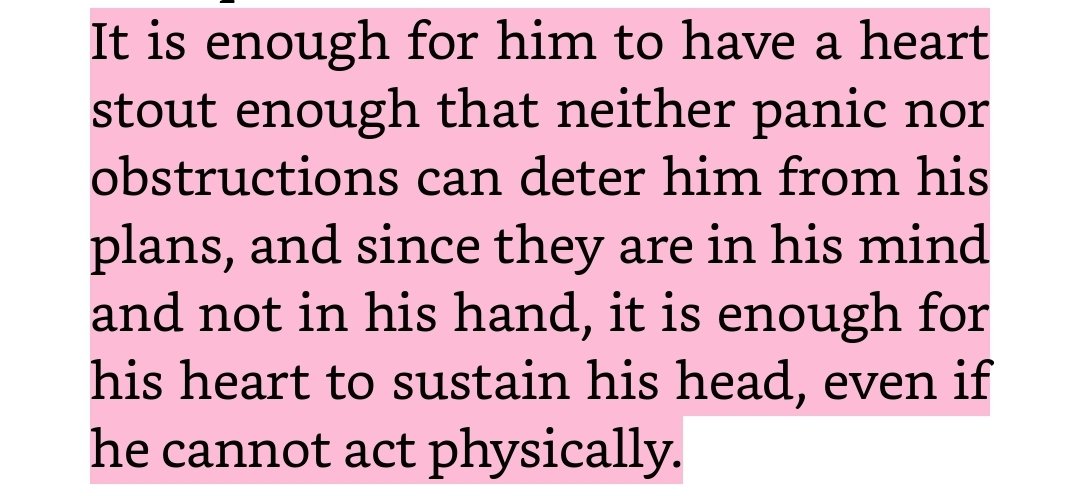
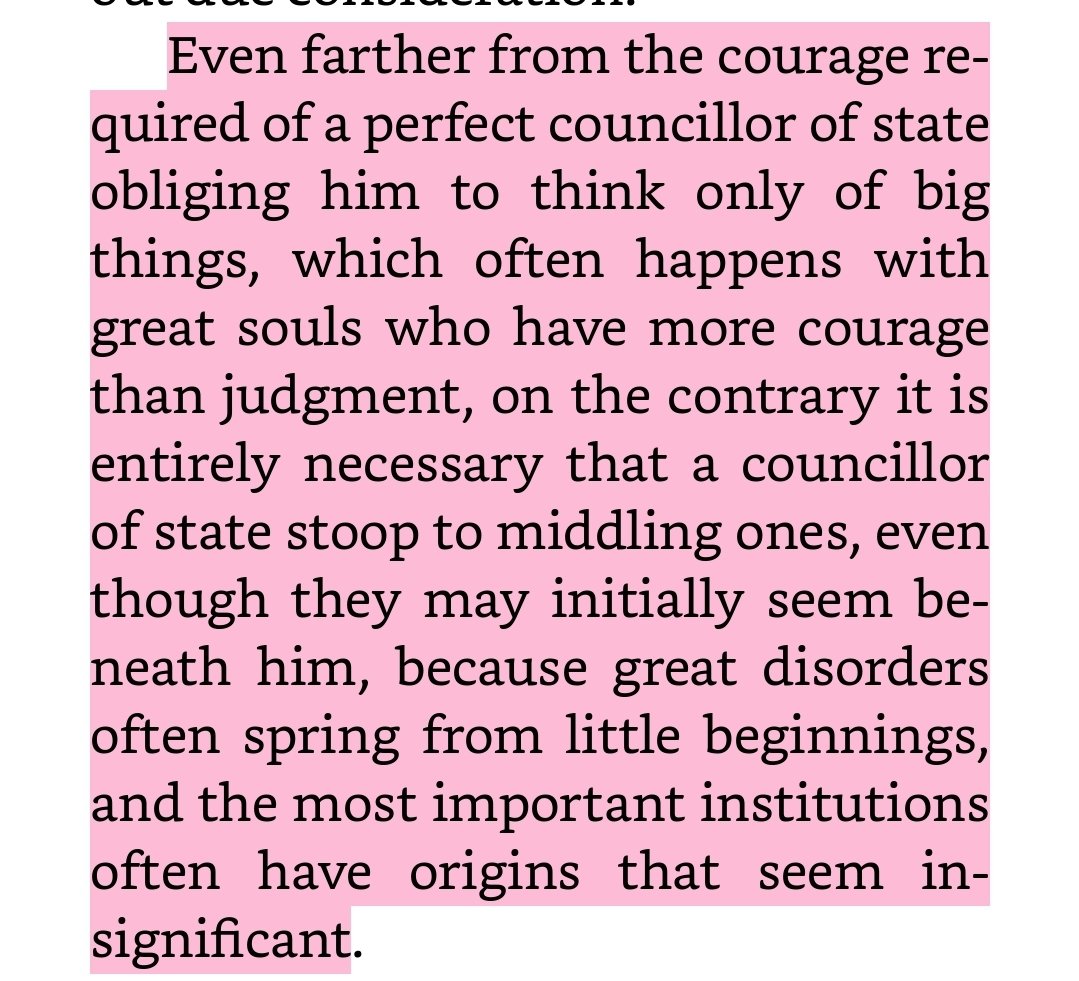
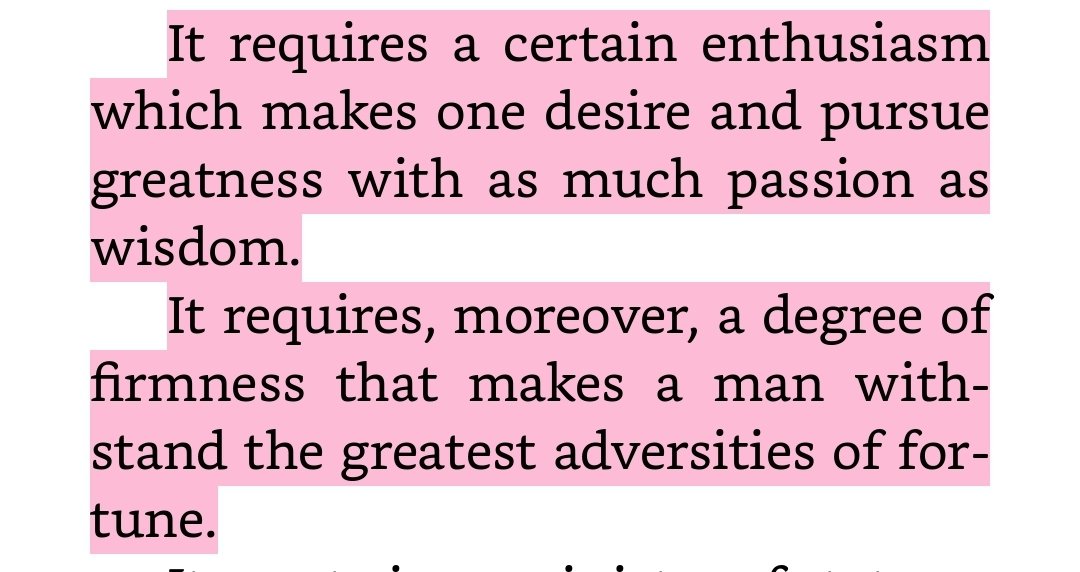
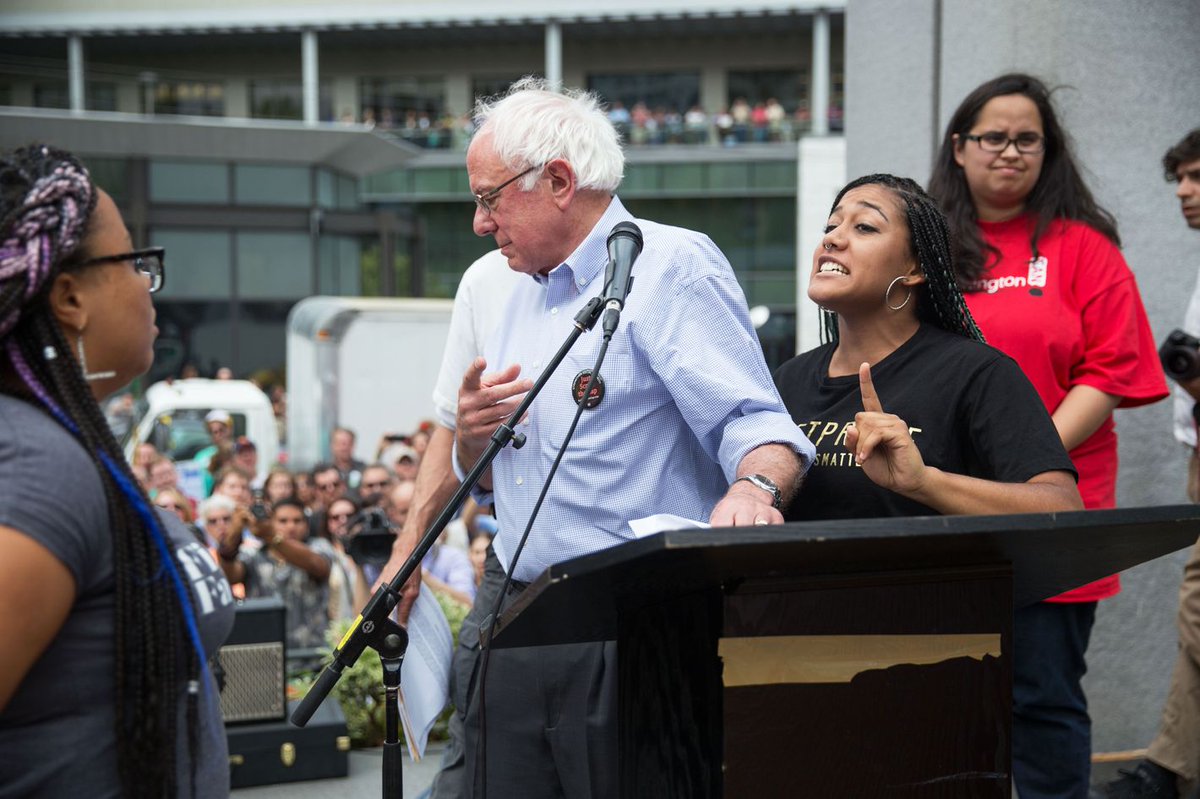
Finally, a chancellor must be dedicated, which means to have a certain purity of will. They must fully align their being with the state. They do not react, but act to steer the ship of state. They do not play favorites or petty social games.
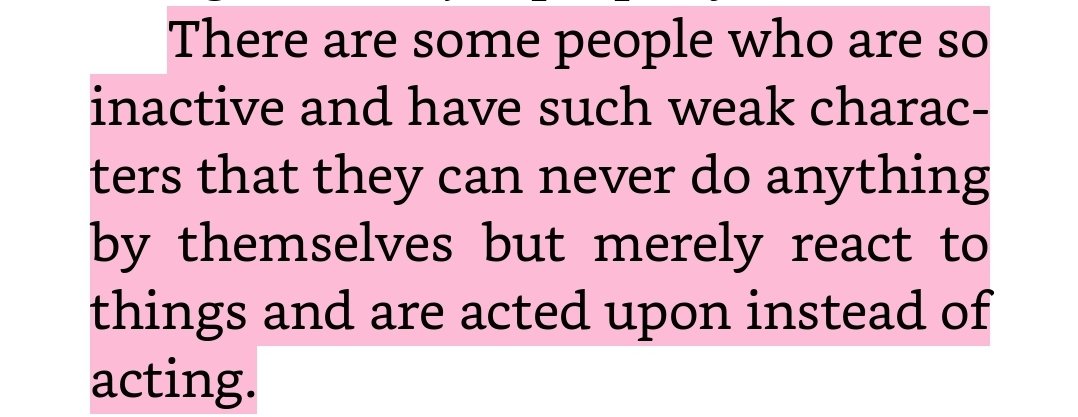

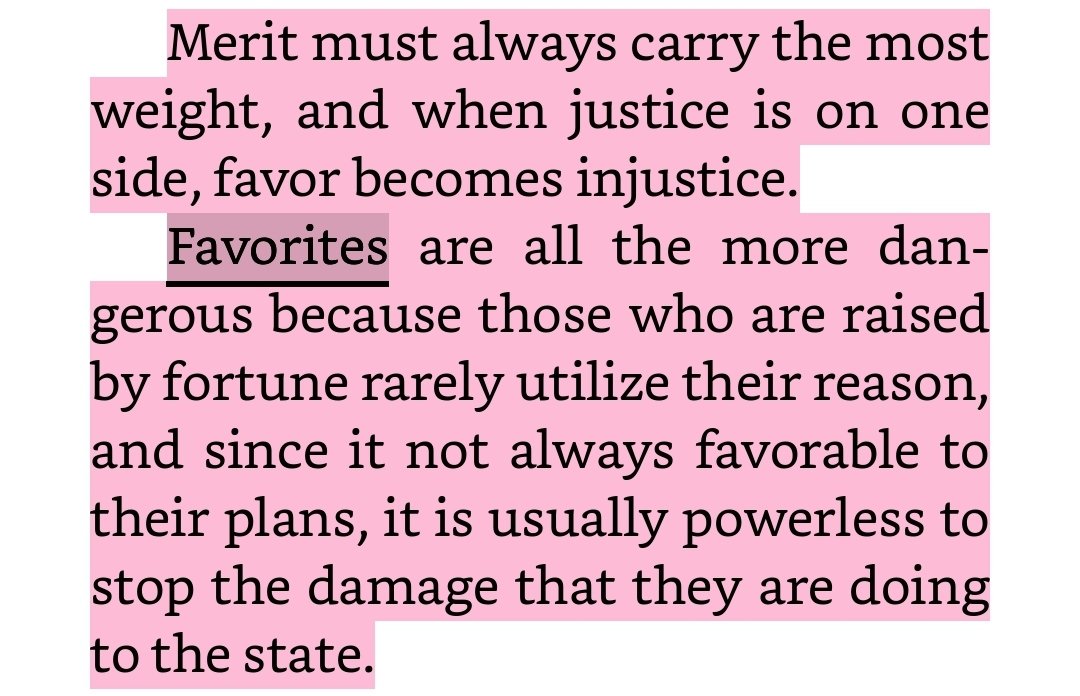
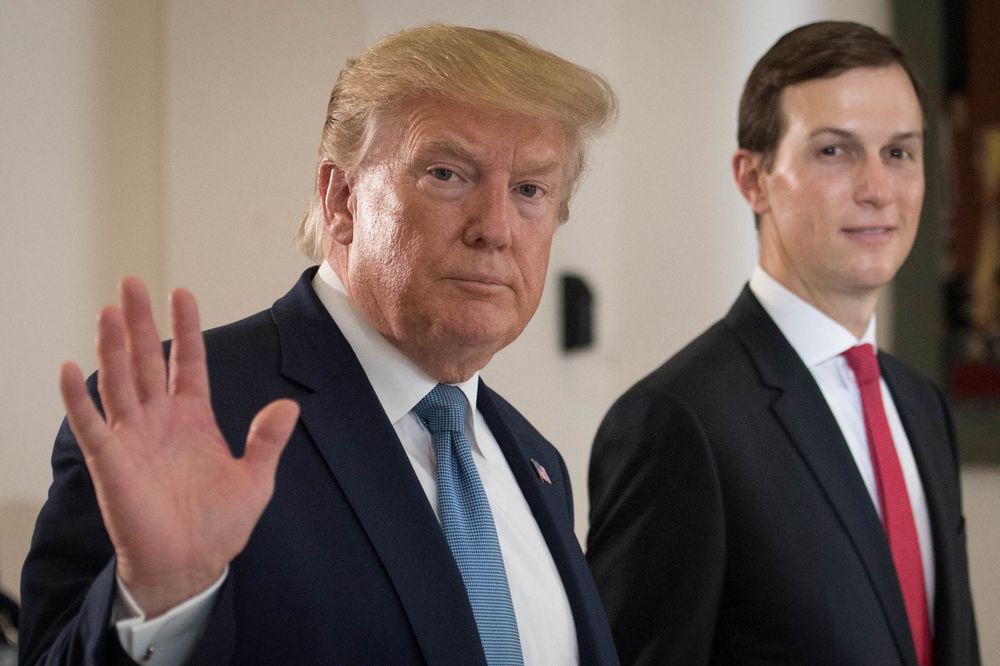
A ruler that lacks all four necessary qualities may appear fit, but soon disaster will strike as one of the disordered natures reveals itself. There are many more exciting insights in the book itself, like how to persuade and discussions of early modern logistics and army management.
That’s all for now.
This is my response to @ConceptualJames Repressive Tolerance series. I do this not because it is weak and I wish to dunk, but I believe it is a fair presentation of liberal views, and the reason why James Lindsay resonates with so many Americans is because Americans are liberal. So repressive tolerance and Popperian intolerance. The liberal society is Popperian, which is to say, it must intolerate intolerance. Those who act outside of liberal norms using violence rather than reason must be suppressed. Liberalism cannot tolerate illiberalism.
Repressive tolerance takes this a step further and says even ideas which promote intolerance must be intolerant – which they define as the right wing. Therefore, there is an asymmetric tolerance of the left but not of the Right. We can agree that this if enacted violates Popper. But the fact is, they didn’t enact their ideas until very recently. The Weather Underground did some bombings, but these acts were *irrelevant* to the final victory of the Left, what brought them to the point they are at now.
The Left won because it was persuasive. In the non-violent battle of ideas, the marketplace of ideas, where no fists were thrown, progressive ideas successfully marched through the institutions and seized power, thus allowing them to instate formal state progressivism and arrest people who try to fight Antifa. And why is that? Is it that liberalism has worse ideas than progressivism and loses the battle of reason? No. But unfortunately, these battles are not won by reason. People pick their ideas because of material reasons: gains in money, status, or base animal desires.
By advocating progressive ideas, you are admitted into the company of the cool kids saying cool things and you can get a sweet job at one of these leftist institutions (at this point, all of them). You can get a crappy paper published. Who cares if it’s true?
And animal desires. Marcuse has children as an oppressed category because they lack autonomy – autonomy to do what, exactly? To have sex. Vaush wants to diddle kids. People like that will adopt any idea that allows them to justify their own desires to fuck kids. Reason loses.
So pure Popperian recognition *fails* to stop progressivism because progressivism, wokeism, does not need to resort to violence to win, *even if it advocates violence*. If you accept that advocacy of violence alone constitutes violence, you have recreated repressive tolerance.
But even if you don’t, what if you keep to the Popperian principle alone? Then persons like myself will point out, correctly, that you cannot stop progressivism without repression. But because we will be precluded from violence, the progs will win. De facto repressive tolerance.
In effect, you have created the ratchet which can go only left and never right. Popperian intolerance is only a specific case of the general: Schmittian friend/enemy distinctions. All regimes necessarily must repress that which would dissolve them. You implicitly recognize this.
“His thing is the blue pill now because it has power.” Because Marcuse’s ideology has power now, it has become the “blue pill” silencing all outside thought. And this is why Marcuse was right about totalitarian democracy – liberalism really MUST silence him to survive.
And because liberalism ceased silencing those like him, he was able to spread his ideology which then took power and now attempts to silence you and those like you. Power must be exercised. It cannot go unexercised.
But maybe this is fine? You recognize subversiveness is fine against Fascism. You say white supremacists and fascists must be defeated. If this is the exception that permits liberals to repress, then progs will simply paint all of their enemies as fascists. Republicans Fash!
But I think you are too smart to make this kind of unforced error. Why then appeal to wokies? Why sympathize with Marcuse? “He has a point here, of course, but he goes too far.” “The world Marcuse is criticizing is also the world we’re living in. He’s created the monster.”
Which brings me to my second point: values. Values, not just tactics. I think you and other liberals often sympathize with progressives because you share a value: liberation. Progressivism is liberatory. Both progressivism and liberalism cheered the Civil Rights movement.
The difference is that liberalism settles for equality in bourgeois legal rights while progressivism demands equality of outcome – “equity”. And progressivism demands not only equality in rights, but equality in actual treatment. To undo wrongthink. But racists have rights too.
Should racists have equal rights? You take for granted the far right is about the triumph of unreason over reason, of arbitrary oppressions. But we have far right writers today, albeit suppressed ones. Noticers. And they compel us ask questions. Reasonable questions.
Why does hyperfeminist Sweden have such unfeminist ratios in its female labor force? What if white boys really can’t dunk? What if different things really are different? What if humans are made differently and tabula rasa is false?
If most females, say 80%, really do want masculine men and not feminine men, then patriarchy is not an imposed oppression but a social innovation to get men to be manly instead of, as now, simping for OnlyFans thots (they called them temple prostitutes in the old days).
If that is so, then those liberatory values are not so clear cut – not merely unreason vs reason, but one set of trade offs against another. And what are my values?
Faith. Family. Fatherland. Labor. I believe that the purpose of politics is to allow an average person to raise a family in peace and prosperity.
Which brings me to my third and final point: What comes next? Because, to be clear, I do not hate America. There is and there was an America that could satisfy those values. It existed once and it can exist again. Once, every working family got more or less a fair shake.
Some people accuse BAP of being a neocon, but this is a wrongheaded accusation. He is merely adapting his politics to America. Fundamentally, America is a liberal nation. You fear Communism, and Americans fear it in their gut. It may be impossible for America to become Communist.
BAP’s adaptations go deeper than just partying hard for the McLarty Party People. Why advocate for Trump? Because of what Trump could be. And what it will take for liberalism to save itself. If liberalism wants to save liberal values from progressivism, it will have to repress.
That means a dictator, one with the power to discern the exception, a sovereign. But not just any sovereign, but a liberal sovereign. A liberal emperor. A Bonaparte. If Trump had so chosen, he could have been the American Napoleon. Hence, BAP’s support.
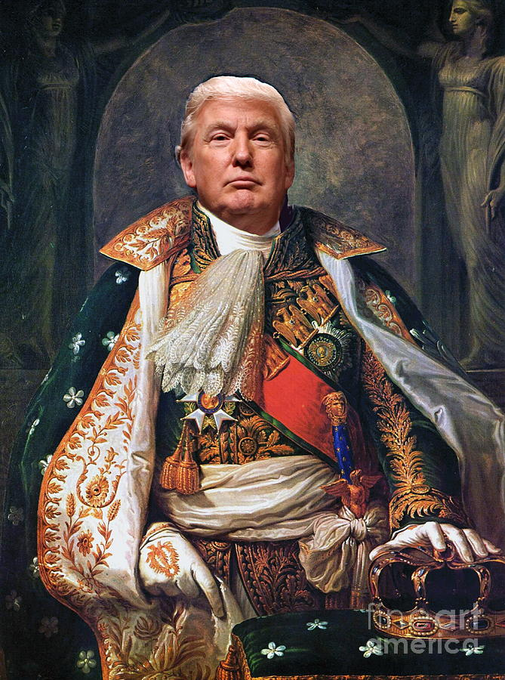
If you agree that progressive hearts are fundamentally in the right place, then progressivism is a part of liberalism and cannot be disavowed. It will be your responsibility to police them and keep them sane. You will have to provide the exception.
And if liberalism produces an American Bonaparte, I swear upon the sacred honor of my family’s blood, I will go and join him. Because as much as I bluster and boast of my illiberalism, even one of my stock coming from my autocratic lands cannot help but be changed by America.
In @BuyBookBuyBook‘s Mine Were of Honor, the Soviet general Odinsky asks Wrangel to join him, for they must fight for Bolshevism to save the Tsarist idea. And Obolensky, in One Man in His Time, receives a similar offer from a Soviet admiral, who toasts the Imperial Guard.
But Obolensky refuses. Because the American idea is genuinely beautiful and can be genuinely transcendent. Even a Prince could renounce his birthright for America. A German baron died at the Alamo. But that was the old America.
I love the American proletarian. I love the revving of his jet ski, which is like the tinkling of bells. I love the slow croon of country music on a night drive through the backwoods. I love to see the proles at work on their trucks. And what has happened to them?
You revile Communism, and so do most Americans. But why did Communism come about? Because Russia was embroiled in a disastrous war. Because proles were fighting the senseless war of a bunch of elites. Because the grain economy was collapsing and vodka in shortage.
Because the country was ruled by a cabal of madmen entranced by a Satanic mystic and they were seizing the children of the peasantry, some as young as 7, to use in their perverse sex rituals. Because Russia had become a sinful place, not the Holy Russia it was meant to be.
No noble with a conscience or sense of duty could let that stand.
And what happens now in America? The good jobs have been shipped away. People do not have any wealth or buffer for disasters. And petty tyrants have been locking people up for more than a year, and plan to do so again. They destroy businesses kulaks worked their whole lives for.
They glorify criminals while leaving the honest to die of opiate addiction. They despoil and they plunder and they laugh about it from their gilded mansions. And they worship the Great Enemy.
Can liberalism do what must be done? Can liberalism provide an answer, a Bonaparte? Because if it cannot, then I, or someone like me, will. And you will not like that answer. But it will be necessary.
I make this argument because I am willing to argue my points with reason and in good faith, because I do love America and its people.
Fidei populi, vox Dei. Salus populi vult Deus.
Let’s talk about purges. Let’s talk about Stalin.
This came up during a recent @GoodOlBoysPod episode where @Maarblek and @bog_beef were debating Stalin, and I think it’s an interesting and serious question.
So why does Stalin purge and how secure is Stalin’s power, really?
That comes down to another question. Who the fuck was Trotsky and why did he matter? Well, Trotsky was the Left wing of the Party. He was originally a Menshevik, but joined Lenin when events became clear. But more importantly? He was Soviet Commissar for War. This motherfucker built the Red Army with his own two hands. And if you know anything about power, then control of the military is extremely important. At the end of the day, laws are only laws when men with guns enforce those laws. Without a loyal army, you have nothing. That’s a problem if you’re Stalin. Another problem? Lenin probably wanted to make Trotsky his successor, not you. And Trotsky has a damn good claim to things. More problems. Trotsky has loyalists in the power structure.
What does this mean? Trotsky can overthrow you. If you’re Stalin, you have to get rid of Trotsky. And he does. But that still leaves a weakness in your grip on power. All those generals are fucking loyal to Trotsky. He was their leader through the Civil War. He’s their guy. And not only that…

The Red Army is full of aristocrats, who have a real material interest in seeing politics change – again. I mean, being a noble right now, it’s alright. But you know what’s better? Going back to serfdom, but this time with way less nobles so we all have massive estates. This isn’t an idle threat either. Trotsky, at one point, proposed reinstating serfdom. Politics is a constant juggling act because you have to keep all your guys happy, and they have to keep their guys happy, and so on. What have you done for me lately? Have you given me a dacha? Once you have a change in politics, the balance of power changes again – which means new configurations can potentially destabilize it. Enemies of today can become the allies of tomorrow and vice versa.
So you gotta get rid of these potential malcontents. Stalin needs to purge the military and he needs to get rid of Trotsky. But purging people is hard. You need people who are loyal enough to you to get rid of people. Or you need help. Trotsky’s in the Left Opposition, right? Well, enlist the help of the Right Opposition. Who’s the Right Opposition? Bukharin. Who supports Bukharin? The kulaks.
I think the game plan becomes clear from here.
Using Bukharin’s support, oust Trotsky and send him out of the country. And what does this mean? Bukharin was strong enough to help you oust Trotsky. That means Bukharin is fucking strong. His support base, the kulaks, are fucking strong. You can’t have that – he’s a threat.
You gotta get rid of the kulaks. They’ve proven themselves dangerous. But what if Stalin weakens his grip? The more absolute power is, the more dangerous the power struggles to get it. Insecure power must make itself secure before someone offs it. There’s not a lot of political violence in America because power was divided. The problem is that power in Russia is expected to be absolute. No weak man can be Tsar. This was proven only a few years ago by the fall of Nicholas II. If you try to divide power, making concessions, you look weak. The most dangerous thing for a king is to look weak. So strike first, strike best, and strike last. Wipe out resistance before it even has the possibility of realizing itself. The dynamics of purge show themselves not only with Stalin, but with Ivan the Terrible and Peter the Great. Almost every civil war is followed by a purge. After a civil war, there’s no legitimacy. There’s no Schelling points of how things are supposed to be to calm down conflict and prevent organization of credible revolt. The throne belongs to the strongest. That means you can’t show weakness. Mercy must come from total strength. Which leads me to an important point I’ve wanted to make for a while. On the Right, there’s been a lot of handwringing about giving up our principles. What is the difference between Brahmin and Kshatriya?
Nobility is not about cultivating superb internal attributes. This is the essence of being a warrior noble. The bloody, brutal game of power. It is a game of unprincipled exceptions and getting yours before you get got. The only currency worth spending here is loyalty and all the prices are in blood. The reason why there must be a distinction between “priest” and “noble” in a political movement is because we must not try to execute the ideal within the bounds of the real, which is real political conflict, which is a war. War is politics by other means and vice versa. Someone not pragmatic gets crushed. And yet, to abandon all principles is not a good thing. These principles must be kept, but we cannot allow the ideal to forestall real action. And similarly, we cannot allow the real to taint the ideal. To confuse pragmatic actions with the actual ideal conditions of our ideologies or beliefs is to taint thought with the practicalities of a fallen world, and so make monstrous the thought forms. If we define compassion as mere human compassion, we pervert it to meanness. I intend to expound more on this in a companion essay to an upcoming book release. That’s all for now.
Reward your friends, punish your enemies. Loyalty is the lifeblood of politics. Nothing else matters.
Anyways, I’d like to elaborate on this. If you’ve been following me, you know I have a one main schtick, which is Leninist class analysis. It’s almost a truism that rich people lean Left. “Coastal elites”. But there’s a lot that gets lost in “rich people” and “Left”.

I’d like to break this down using a historical example.
Let’s compare the Bolsheviks with their main rival on the Russian Left, the Social Revolutionaries.
Broadly speaking, neither were peasant or workers’ parties, with both being dominated by middle or above elements. But not all “middle and above” elements are the same. What was the class composition of the Bolsheviks? Broadly speaking, the class coalition of support came from a coalition of proles, peasants, and nobility. And what about the members themselves? 1/6th of Bolsheviks came from the highest estate, the nobility, the top 2.4%. 2/3rds of them came from either the noble estate or bourgeoisie, which together were 13% of the Russian population. The remainder were mostly workers and peasants. The top Bolsheviks were 27% noble. So what about the SRs? Aren’t they similar? Only about half of the SRs were workers or peasants, a similar proportion to the Bolsheviks. But a lot is hidden in those figures. The SR party, by comparison to the Bolsheviks, was middle-heavy.
It had a lot of “PMCs”. 24.2% of the SR party was clerical workers or minor professionals. Only 4% of the SRs were nobles or high professionals, as compared to over 60% of the Bolsheviks. But that’s not the best part. 15.9% of them were students. That’s right.
The SRs were fucking grad students. And not only students. 2/3rds of these students were first generation college students. The SRs were your classic overproduced elites – new entrants trying to get seats at the table at a time when the pie was shrinking. But I’ll get back to the shrinking pie later. That was class composition. But there’s more than that. The age distributions of the SRs and Bolsheviks were also different. The Bolsheviks were substantially older. 40% of SRs were under 20. 89.9% of SRs were under 30. The Bolsheviks were wealthy people with a stake in things. The SRs, by contrast, were younger people who were well-educated but barely holding onto what they had during a time of economic collapse. They were willing to do radical terrorist actions to stir the lower classes to action.
As a rule, the lower classes did not care for this. Finally, the ethnic component. The Bolsheviks were predominately a non-Russian party. Probably 65% of them were non-Russian in a half Russian empire. The SRs were 65% Russian, so the opposite skew. The Mensheviks were almost all minorities, and 1/3rd Jewish. And the distribution of ethnic identity in the Bolsheviks was not random. The 2/3rds of them that were minorities also tended to be the bourgeois and noble element of the party – most of the Bolshevik workers were Russians. Whereas the SRs were predominately Russian PMCs. So who was the Tsar’s support base? It was fucking rich assholes, right?
Ah. Not quite.
It was the peasants. Of the 68 peasant deputies in the Third Duma, 34 of them were right of center (Right, Nationalists, Octoberist) and another 15 were Progressists or Kadets (center). What the fuck? How can that be true?
To answer that, we need to look back at those unstable, chaotic years leading up to the Russian Revolution. But from a new perspective. There are many narratives of the Russian Revolution and Tsar Nicholas. Broadly, they are as follows:
Menshevik-SR (and our textbooks): The Tsar was a bad autocrat who oppressed the peasants but was overthrown by DEMOCRACY which was snuffed out by totalitarianism Bolsheviks: The Tsar was a bad man who oppressed the workers and we shot him
White Army: The Tsar was a good but weak man puppeted by the warlock Rasputin and our honorable forces could not overcome Bolshevism
But what about the Tsar’s side? There’s a very interesting book that’s been republished by @TsarPress. While I don’t agree with all of its interpretations, it brings up a number of interesting facts, all verifiable, which start to make all the pieces of the puzzle start to click. What does Last Tsar by S. S. Oldenburg say? It says that Russia got richer. A lot richer. This is true. It says the Russian peasants were prospering like never before. This is true. Also very true.
It says the court, possessed by madness, grew more hostile to their Tsar. Madness? No. Patronage.
Reward your friends, punish your enemies.

How could the peasants be getting richer? They needed property. And what is property in this time? In an agrarian economy like Russia’s, it meant land. One problem with land: they’re not making any more of it
You have to take it from someone. What did the new Tsar do when he took the throne? He told the assemblies of notables, the zemstvos, to go fuck themselves. He did land reform. Complete land reform? No. But he did it. Noble land ownership declined by a quarter. That land went to the peasants. They became kulaks. That’s all great, except they’ll remember that. They’ll bide their time. And they’ll never support you. Where was Lenin radicalized? His school. His gymnasia.
Almost 70% of the students there were the children of nobles. Well, whatever. For the time being, you’re still rich. Except… as the rest of the world mechanized, agriculture became more efficient. Why did Lenin admire American industrial farming in its large plots? It produced a lot of grain. Grain flooding global markets. What does that mean for the landed gentry? Only bad things. Your estates didn’t produce as much income anymore – but your costs don’t go down! You still have to send your kids to college. You have to get them good jobs.
That’s a bad situation. Nobles became more radical. So why didn’t the Tsar fall immediately? I’m a big proponent of the elite lens of political analysis, but elites are not omnipotent. Without popular buy-in, they cannot overthrow the government – the mob would lynch them.
So long as Nicholas II had the peasants, he was safe. So what is the final narrative of the Russian Revolution? Nicholas II, the benevolent Tsar, lost the trust of his peasants.
They were lured away by the siren song of peace, land, bread.
And down, down, down falls Humpty Dumpty.
Why do different classes matter? In a pure democracy, they don’t. One vote is as good as another. But the more the raw state of power asserts itself, the more the distinctions between classes asserts itself. Class is primarily occupation and role – so classes have powers
What can the peasants do? They can farm. But they’re also tough. The peasants would form into units of Black Hundreds and be a paramilitary force for the Tsar and the Hard Right. So long as Nicholas had that, who could challenge him? Only a fool.
But what do nobles do? They provide high professional labor. Okay, so they’re lawyers and doctors and engineers – who cares? Gonna sue the Tsar? But in war? In war, they were the officer corps. And Nicholas II went to war. You can lead a horse to water, but you can’t…
When classes aren’t politically reliable, they won’t perfectly execute your orders. They won’t give it their all. And the more your grip slips, the less they care about your orders. Early on, sure, let’s fight a good war for the Tsar. But as the years drag on…
Well, maybe when a Bolshevik agitator shows up, you look the other way. You go out for a smoke. Sure, you’re the CO or the XO, and you *can* impose unit discipline. But you won’t. You can lead a horse… Whole units went bad. A fish rots from the head down.
Remember the different narratives? What is the White Army take on Rasputin? This was a scandalous warlock, a magician and devil-worshipper who hypnotized the Tsar. And the Red? The same. But the Tsar’s? Rasputin was a healer who saved my son and a peasant in an evil court.
The peasants agreed. But what happens to Rasputin? The court kills him. The only peasant to rise into the court and have the Tsar’s ear, and the court kills him, even though he was healing the Tsar’s son. Maybe it’s time to tear the whole *system* down.
In brief, a materialist class analyst of the Revolution, based on the Pokemon powers of each class. The Tsar falls, the SRs rise. The SRs are backed by the Russian PMCs. What are their powers? “Push papers.” Helpful.
Kerensky purges the Army for being politically unreliable. Over 100 senior officers are fired. Some call him foolish for this. But to be fair, they *were* politically unreliable. How can you trust a hostile Praetorian Guard?
Hey. Guess what happens after Lenin coups Kerensky? Over 100 senior officers volunteer to join his new Red Army. Ha. That’s a lot of generals.
And more than that, Lenin moved to get the loyalty of the legionnaires. He offered them 25 rubles. A day. That’s $450,000 a year in today’s money. The Germans gave him billions in gold. He spent it all. And he got the grass crown. Secure your essentials. Reward your friends.
What did the SR government do against Lenin’s military putsch? They threw a government strike. On November 8th, the government worker’s union went on strike. Shortly afterwards, the Russian banks froze all the Bolshevik bank accounts. Lenin had the Army. He had them shot.
Ultimately, the class composition of your coalition is not just a curiosity, but determines who, in civil unrest, will take your side and fight with vigor, which in turn, determines what powers you have. Nobles can lead armies. Peasants make food. Workers make steel.
Kerensky had grad students, government workers, and bank tellers. Kerensky lost. The SR party *vastly* outnumbered the Bolsheviks. The Bolsheviks were a tiny fraction of a tiny party. But they were disproportionately elite. They hit above their weight class.
And they secured essentials. They got the support of the most vital elements of a polity: those who make basic goods, those who make food, and the security forces. You may not *like* cops and soldiers, but you *need* them. You do not need leftist teenagers and paper pushers.
Finished reading “The Persistence of the Old Regime”, a book @WolfgangHutter2 recommended. Solid book account you should follow if you don’t already. First of all, this book is interesting as one of the first instances of a growing genre I’ll tentatively call “continuitist” The first half of the book is about the “persistence of the Old Regime”. The standard Marxist historiography proposes that the Ancien Regime was overthrown by the bourgeois revolution, after which the bourgeois became the new ruling class and imposed commercialized democracy.
Just as the bourgeois displaced the aristocracy, so too will the proletariat displace the bourgeois. This is a view of history which I think is largely discredited outside of hardcore Leftcoms, Reddit, and “Spiritual Aristocrats” on Twitter lamenting the bourgeois butchers. Here, I more or less endorse all of Mayer’s facts, if not his explanations or conclusions. This is a groundbreaking claim to put forward because it was a *challenging claim*. This was an upending of traditional Marxist framing, which still held sway among Marxist academics.
The gist of the argument is that the nobility, far from being in decline, had successfully integrated rising bourgeois elements. Not only that, it was finding success in the new economy anyways, and its members were often successful businessmen. Furthermore, the state of capitalist development in 1914 was overstated by traditional Marxist analysis. Capitalism had only *just arrived* at the monopoly-managerial stage of production, finance capitalism. Monopolies were infant. The manufacturing sector remained small.
Although he overplays his hand, I think, and often overstates the case, one must remember the *context* in which he was writing. He was presenting the antithesis to a strong thesis of Orthodox Marxist historiography. He was being revisionist. Where do we disagree, and strongly disagree? I had an uneasy feeling when I bought the book and noticed it was published by Verso and dedicated to Herbert Marcuse. Fortunately, the book mostly sticks to hard numbers in the first half. But it is clearly building a thesis. The thesis is thus: the aristocracy’s mode of material production was obsolete, but it managed to survive and hold power through cultural hegemony. It did this by privileging modes of cultural production which exalted the rituals of the nobility and made bourgeois assimilate. The low rate of ascension of the bourgeois, 7-8% elite turnover per generation, is contrasted to the rapid rise of the bourgeois and lower elements in Germany afterwards, during Weimar. The nobility is supposed to have suppressed meritocracy to maintain dominance.
There’s a problem with this though. What is the long run turnover rate of the elite? 7-8% maps almost perfectly onto a 10 generation, 250 year half-life of decay, which matches the empirical results found by Professor Clark and others in studies of various non-Indian countries. In fact, almost half the salarymen at the zaibatsu are samurai descendants. Normans continue to have disproportionate influence in modern American politics. Half of the Boston Brahmin surnames were Norman in the 19th century, almost a millennia post-Conquest. Can all this be the product of aristocratic cultural hegemony? Perhaps we still live in an aristocrat’s world! I doubt it. One of the signs of aristocratic cultural hegemony? Everyone tried to be aristocratic. If you couldn’t be a hereditary noble, you wanted to be noble-like. Thus, non-nobles styled themselves gentry if they could get away with it, bought manors, aped aristocratic norms, tried to get into noble educational institutions, invited to society balls… But who holds that kind of dominance today? Do our engineers call themselves lords? No, not even those who would be lords proper in the past call themselves lords, let alone the aspiring shopkeeper with pretensions of gentility. What do they call themselves instead?
[Baron Thread quoted]
Monsieur le Baron@Mssr_le_Baron·Apr 29, 2021Let’s talk nobility! Imagine! Grand palaces! Luxurious feasts! Dictating the course of world history with your whims! Conquering! Being a tiny king in your own right! Yeah, I’m not talking about those guys. No counts or dukes or princes today. I’m talking about the baron.
If there is a cultural hegemony today, it is a cultural hegemony of the middle class, and especially its newest component, the PMC. All other classes are renamed in its likeness. Proletarians become the (lower) middle. Aristocrats become the upper middle. We are all middle. Not only that, all life stories are filtered through the middle class lens. “We” can’t afford houses. “We” struggle with our student loans. As if all Americans came from hereditary homeownership but now struggle or had student loans. Most Americans lack a bachelor’s degree. Medicare4All/single payer is something for “all”, even though below the middle class, people get government healthcare, and above the middle class, people get platinum plans through their work. Particular class interests are universalized, because their class has the loudspeaker.
And yet it moves. If cultural hegemony could keep the nobility in control and economically secure, why can it not do the same for the increasingly precarious PMC? Why can they not speak their bread into existence like the nobles? Because materialism, not idealism, is true.
The first Muller cabinet is 0% noble. That’s right. 0%. This presents us with a conundrum. Either the Weimar government was persecuting nobles far worse than the Bolsheviks, or, if we suppose it was a pure meritocracy, the Bolsheviks were pro-nobility. To some extent, the latter is true. But that does not rule out the former. I have a question: if the Weimar government was a pure meritocracy, then why did it achieve nobility numbers so low they cannot be replicated in today’s free and fair democracies? Here you have your democracy, folks. Come pick it up.
Here is the fate of the szlachta under Soviet occupation vs the German nobles under Weimar. Those bloodless middle class bastards of Weimar, motivated by black envy, inflicted such cruel humiliations and indignities! You can never trust these “socialists”, they have no honor. After the purges, one could live a dignified life running a collective farm under the Soviets. It’s a fine enough life. Weimar… these people wanted nothing more than to undo the old order and reduce the great to subjection. It gives one sympathy for the Freikorps.
Minecraft your enemies or else forgive them. The Soviets cruelly executed many Polish szlachta. But the survivors, they could live. Some even held office. The Weimar liberal-socialists broke the aristocracy and reduced them to welfare dependant caged animals, like a zoo exhibit.
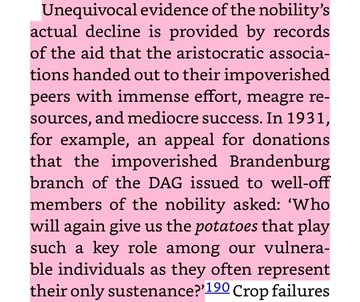
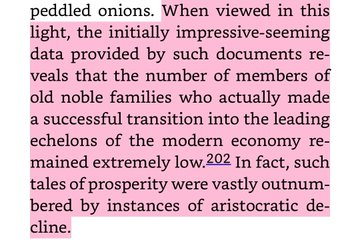
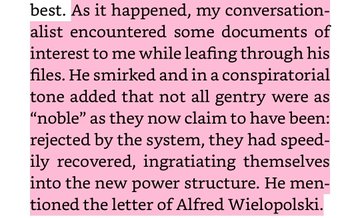
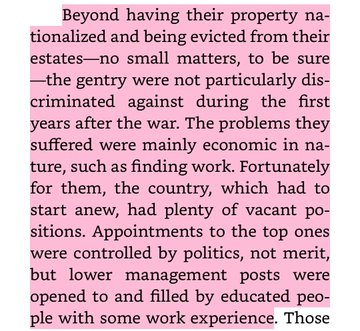
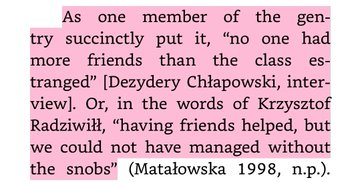

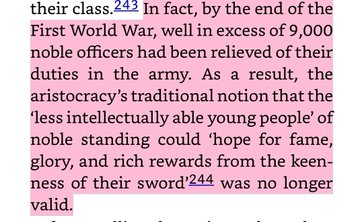
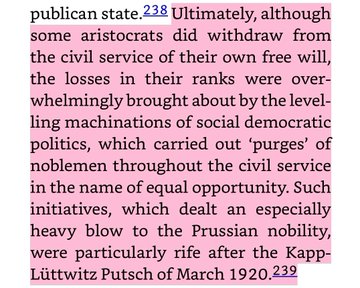
@WolfgangHutter2 I think you’ll find it deeply interesting that the course of the 21st century, to a large extent, came down to the decisions of minor aristocrats during the ruinous end and aftermath of WWI. In Germany, disaffected minor nobles saw the Socialists as the traitors who had doomed a successful war effort. By joining the Freikorps, they ironically guaranteed the survival of the new Weimar government that would destroy them. Years later, they would correct this mistake. And in Russia? The victory of the Bolsheviks was ultimately the victory of the Red Army. And what was the victory of the Red Army? That came down to its ability to create a successful officer corps. Per Mayer, ~70% of Russian generals were aristocratic. 28 of those senior officers immediately enlisted in the Red Army in the first volunteer call up in February 1918. Ultimately, 775 Tsarist generals would join the Reds, a substantial number of the pre-revolution senior leadership.
Arno Mayer’s conclusion is about the origins of the First World War. Here, I find him totally off. Obviously, as a Leninist, I am partial to the imperialism/economic rivalry explanations, but the diplomatic entanglements and intrigue of the prewar also matter a great deal. Mayer’s conclusion is more or less that the aristocracy launched WWI as a preemptive strike against the meritorious middle that was rising up to replace them, and that their martial ethos and bloodlust led Europe into war. I think this is totally ridiculous. Mayer makes this argument assuming the interests and ideology of the aristocracy lie in preserving the dominance of the manorial economy and landowning and the conservative social order, despite noting (and dismissing) the fact that many hardliners came from a peasant background.
The question that he didn’t ask (and I won’t fault him too much for it, given he was early to ask the other questions) is that, if Marx was wrong about the sequence of history, then why is Marxist historiography correct about the ideology and class interests of nobles? Far from being staid and ultraconservative, nobles were often on the forefront of radicalism in both post-war Russia and Germany. The collapse of the Ancien Regime was often the collapse of socially necessary *constraining institutions* for the madness of nobles. The next cycle of history will have to put those fetters back on, one way or another. No privilege without responsibility. No power without connection to the people.
Had this chat with Rupert before the ban, but I noted, with shock, a few weeks ago, that the homebuyer purchase rate (a function of the prime rate) had surged above my own borrowing rate (semibond + 4), which meant it was now cheaper for me as investor to finance purchases. This is bad, because it means the same house is now *cheaper* for Big Capital to finance than a homebuyer. It was already bad enough when Blackstone could brute force the issue using printed funds. Now even small hedge funds and private investors can outbid homebuyers. Credit is tightening across the board. Last December, Citi revoked my preferential World Elite Mastercard interest rate of 10% APR and raised me to prime + 22%.
They also regularly send out emails offering $5000 cash to deposit $1,000,000 in a cash or savings account. Prime class A CRE, which is used to secure countless “safe” AAA bonds, is teetering on the brink. If it is forcibly revalued, all those bonds will breach covenant and default, resulting in a trillion dollar real estate crash. Class A was overbid by institutionals and millennials. For the past decade, these groups have tried to put lots of their money into “safe” assets, fearing another subprime default. This caused a radical glut of money flowing towards “class A” real estate, basically blue chip luxury apartments and offices.
These are now worthless. Very quickly, the real estate curve inverted. Normally, you pay a premium when renting, the surplus being the profit an owner derives. You can price out this yield based on location and tenant risk. During the past decade, class A yields became *negative*. How is this possible? When you’re not getting cash-on-cash yield every month, your return comes from increases in your equity. That meant that class A property became dependent on constant price spiraling. Accordingly, rental income became irrelevant. It was dwarfed by price increases. In fact, under such circumstances, renters can be liabilities. A renter locks in the nominal value of the income stream and poses risks that can reduce the valuation of the building. An empty building is a “more valuable” building under conditions of an inverted rental curve. But you can’t keep raising nominal rents forever, nor can you infinitely increase the multiple. A 3br in Manhattan now costs 110% of my post-tax monthly income. As a VP at a bulge bracket. With cash yielding investments.
There’s not enough people on Earth to rent those homes. The market *must* rationalize. This means de-inverting the rental curve, such that rents now drive a profit above costs, the profit matching a curve following location and tenant risk.
That, of course, means the ruin of those who aped into overvalued assets. Luckily, nobody important has bought massive amounts of real estate at record valuations, otherwise we’d have to keep printing money forever to keep those asset prices from rationalizing, or at least long enough to annul the debts used to lever up.
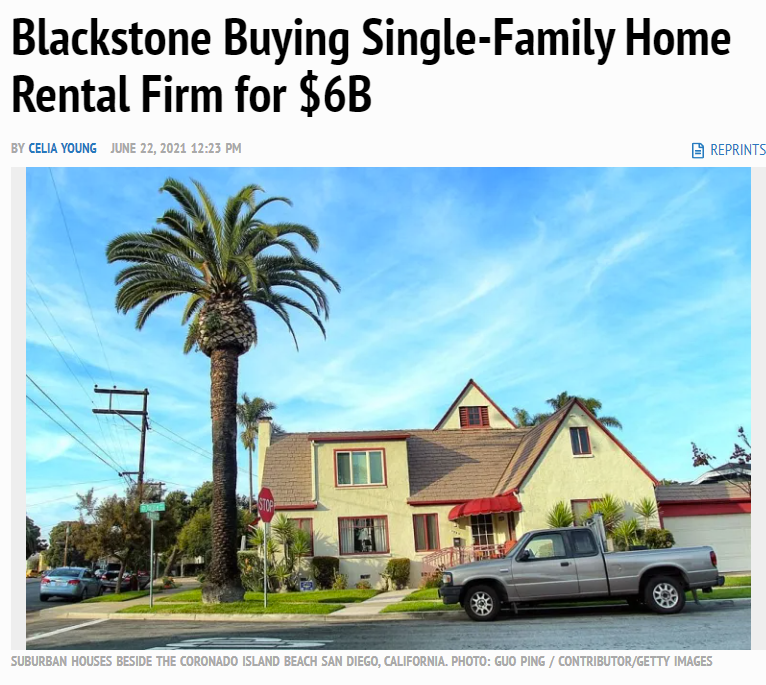
Some of you may have read my blog and wondered what the rationale for industrial judgeships and self-regulating guilds might be.
I don’t like to be too pedantic with my explanations on the blog. Fortunately, there’s nothing too pedantic and spelled out for Twitter. Let’s talk about Uber. What is Uber? A taxi company. But what did people conceive of it as? A tech company. Why was this advantageous for Uber? Because it allowed it to skirt the regulations that normally apply to taxi companies. Uber drivers are “contractors”. Is that really true? Some may claim Uber is just a platform. But real platforms, like Fiverr, permit free latitude in contracting and many customers. On the Uber “platform”, a “contractor” is given a standard set of terms with no contracting. What distinguishes contractors from employees? Contractors are independent, which mean they do not depend on one customer as their source of business, freely set their contract terms, and do not depend on the client’s provided tools as their primary source of sustenance. Uber “contractors” do not fit these criteria. Uber contractors are employees. But why would Uber want to designate employees as contractors? To avoid regulations. Employees receive many more rights and benefits than contractors, by law. Similarly, Uber styled itself as a tech company, not a taxi company. The taxi industry is heavily regulated, while the tech industry was not, at least in regards to providing taxi service. Did that make Uber not a taxi company? No, not at all. So why mess around with such word games? It’s simple.
Any rule or metric used to confer benefit or harm will be gamed, because the incentive distorts it as a measurement.
Once employee became tied with benefits, it created an incentive to skirt having employees. This isn’t just an Uber thing. Many sectors of our economy now have these reclassified operations where the new firms are substantially equal to the old firms, just with some razzle dazzle word games to justify calling new and disruptive.
But it’s still a taxi company. For instance, take banking. After Dodd-Frank, debt hedge funds began popping up left and right. These debt hedge funds, “shadow banks”, perform a role that would be considered banking. But they evade the legal definition such as to avoid Dodd-Frank regulations. And before Dodd-Frank, there was a proliferation of complex derivatives to achieve relatively simple tasks. You can do things the easy way, or a hard way through a complex series of derivatives.
So naturally, we’ll do it the hard way… You may be thinking: So now you’re going to tell me we need to close the loopholes and regulate more. Not quite. What is it called when business happens in an illegal, unregulated environment? A black market. But black markets do not pop up arbitrarily. Is there a black market for groceries? Why not? But there is a black market for cigarettes. Lots of people selling loosies. A black market appears when regulation makes illegal business significantly more profitable or easier to do. And this has to be a high bar because being on the wrong side of the law poses significant costs and risks. Therefore, business will operate within the law if easy to do. We have to ask, therefore, why there’s so much regulation that makes business impossible. Is it to protect the workers?
In normal negotiations, there are the owners and the workers. Both will attempt to pass rules that make their own stake more profitable. But making business impossible is in nobody’s interest, because they have to split the pie, and destroying the pie means no pie. Therefore, neither party will knowingly and willingly kill the golden goose, and they have a fairly good idea of how the business works. But who writes regulations? Not workers. Although it’s claimed, ostensibly, to be written in the interests of workers, bureaucrats write the regulations. And the more regulations there are, the more bureaucrats can be employed. Therefore bureaucrats have an incentive to regulate. This incentive operates independently of sectoral profitability. All regulations impose costs which shrink the pie, except for the regulation of overuse of the commons. Workers and owners are both in a position to see what fair rules are, as well as to decide what the commons is. But the bureaucrat doesn’t have a direct relationship with the industry’s pie. So they can and will write as many regulations as they want, until it kills the golden goose. The thing is, businesses usually exist because they provide some essential service that people need. So when regular business becomes impossible, it doesn’t destroy that value stream. Instead, it moves to a new form which can argue itself to be unregulated. A black market.
And that’s why workers should write their own regulations collectively rather than the government.
Today I was reading the Real Deal and last year set the all time one week sale record for luxury homes in Manhattan. Can you guess how many sold? No cheating. 27. All time one week sales record. The inventory? 5000.
5000 luxury homes are trying to be sold in Manhattan. Folks, the math doesn’t add up! All around the country, there are empty luxury homes. The fact of the matter is that the math can’t add up. The median sales price for one of these was $6mm. The median Goldman partner makes $1.5mm. The 3x rule applies, but we can apply some cash down payment fudge. There are not many partners at Goldman. The higher you go, the more rarefied the air. Beyond mere luxury is “Billionaire’s Row”. There are 700 10mm+ units for sale lining Central Park. There are only 5000(?) or so billionaires on Earth. Total. Are they all going to live next to Central Park? Massive amounts of capital are being deployed to build these castles in the sky. They make no sense. They can’t make any sense. It takes someone like me to buy an *entry level* luxury home. Folks, the math doesn’t work! Or Manhattan apartments. An analyst does not meet the 40x standard requirement to rent even a studio alone. This week, I finally figured out the reason why clouds of analysts huddle in Murray Hill. They split the peculiar multi-bedrooms there that are built as attached studios. People packed, sardine-like, just to make rent. And these are the lucky ones. But I’m sure you’ve heard enough rants about unaffordable cities and ZSHC. That’s not what I wanted to talk about. That’s not what this thread is about. This thread is about TikTok. The reason why I bring up the homes is because they are empty shells. They exist as an idea of the attainable, but they’re not really attainable.
A day in the life where I spend so much money, I could not actually afford it on an entry-level salary if this was the typical day. It’s bullshit. But this kind of bullshit is so *pervasive*, it has supplanted our ideas of the real. The image we built of reality has come back as hyperreality, as Galatea haunting our dreams. And it is now so strong, nobody even remembers what the real is. People act wholly on illusions and the real is dismissed as fantastic. Let me give you an example. I fly into town and stop by Nobu, available by reservation only. This is the real version of our mythical Dorsia of American Psycho fame. I have a delicious meal by very talented chefs that rightly merits the head chef’s Michelin star. Parallel to me, an American middle class tourist has an Instagram moment. They photograph themselves at Saltbae’s eating a golden steak. The steak is bad. But it is gold. I spent $150 for a seven course meal. Or maybe $225. Or $100. Depends, obviously, on the day and market prices. They spent $1500 on their photo op imitating this idea of the real. The symbolism of the idea has become more important than what spawned it, ostensibly. I’ve raved about the food and Instagram before. But what occured to me today is that the image, which is fake, can be manipulated to market the real. We have created a reality bubble enveloping the vast majority of Americans… to sell things. A few months ago, I shopped for clothing, as many Americans do. I went to Nordstrom Rack. I am a millionaire and I was with a millionaire. My classmates also shop at Nordstrom Rack. There are clothing pieces there, allegedly at vast discounts. Even at some of the most famous and prestigious private schools in the world, the kids wearing real, full freight ultralux designer are rare. It’s a few nouveau riche brats with indulgent absent parents. How much in sales can they possibly do a year? Not enough. You sell a few dozen or hundred of these $3000 shirts or pants to rappers or rich kids or whatever. It doesn’t matter. The ultra high end is a simulation. The ultra high end exists almost solely to market the high end, which is the real luxury that exists in the world. People *do* buy these $200 shirts or $1000 handbags, but the “entry level” is the real level. The “real” luxury is just an idea *invented* to sell the entry-level product, which is the real product. It’s like the Costco chicken, it gets you in the door. Most Teslas are Model 3s. Most Beemers are 3 series. Most luxury home sales are in the couple million range. Talking to young people, I am perhaps the only one who habitually takes black cabs. But they all have the idea of balling out in black luxury SUVs, showing up like bosses.
Here’s the problem: Uber is upgrading me for free. Because I’m rich. I don’t pay sticker. But these hopefuls, with dreams of Dom Perignon and black cars and black cards… do. And they pay handsomely for the privilege. Uber probably makes 10 or 20x as much profit on these rides as a normal cab ride. The entire luxuries segment is built on vast, pervasive deception. And yet, like the man waking up to his champagne room bill after a drunken night at the strip club, the bill must come due. To sum it up, I want to point out the case of The One mansion in Bel Air. The hyperreality is now so powerful, it has consumed its creators, the merchants of magnificence.
A developer built a $500mm mansion. The deck alone was 10,000 square feet. The problem? The home of Bezos, then the richest man in the world, was only a third of that price. He built a megamansion for a hypothetical triple Bezos that did not exist. The customers for this ultraluxury do not exist. People write cultural analyses about these shrines of excess, they bemoan our decadence, they revel in “not being poor”. But it’s all fake. A house of cards. Up and down the glittering downtowns of Tier 1 cities around the world are luxury boutiques selling things no one can buy to no one. And they are closing. The dreamers are consumed by their own dream. It’s time to wake up, America. You’re hung over and you just spent $17,000 at the champagne room of Sapphyre. And you didn’t even get laid.
While I think it’s always lovely to read books, a significant amount of the discourse about Always With Honor seems to be driven by the desire to cast the present conflict as the Russian Civil War and relitigate it as the White Army.
Is some of this romanticism? Yes. But I think the roots of this run deeper than this. Many of our modern reactionaries sympathize with the White Army because they are precisely in the position of your typical White Army recruit: a young junior officer – the precarious aristocrats of the Russian empire.The question of how the White Army could have won the war is thus a question of how a young aspirant PMC on the Right could win in our coming chaotic political situation, and thus is a fascinating one. The White Army, originally the Volunteer Army, fundamentally had a manpower problem. Actually, both armies had a manpower problem. The issue was that peasants didn’t want to fight in this stupid war. The Soviets came up with one answer: commissars. Another answer was criminals, but this was fundamentally a bad move in terms of both yield and image. An army is a creature of morale. The criminal element is an unsavory element, unfit for prolonged service without heavy supervision. It’s also not a large source of manpower. In the initial callup, the Red Army was 8% Tsarist officers, 62% veteran grunts, and 30% criminals. This was not a working solution. The Red Army needed more meat. It actually never had a shortage of officer candidates, only an initial lack of political desire. The peacetime Russian Army was 3 million men with 56,000 officers and 1,000 in the General Staff. The 1917 Russian Army had had 15mm serve, including 250,000 officers. 75,000 of those officers and 1726 of the General Staff would serve in the Red Army. What does that mean? That means that a huge number of officers served with the Red Army. In fact, 8000 officers volunteered for the initial callup, while 3000 joined the Volunteer Army. And the Red Army share of officers was *higher* in more elite cohorts. The General Staff of Russia was disproportionately drawn from the top performing cadets of the military academies, and not only that, but from its most noble members. The General Staff officers joined at a higher rate than regular officers. The Generals even higher. The more senior the officer, the more likely they were to go Red. From “The Formation of the Russian General Staff. 1880-1917. A Social Study.” It was these *more aristocratic*, *securely placed* officers that forced the Tsar off his throne.

And why would more senior officers join the Bolsheviks? Because of class affinity. The same classes that disproportionately comprised Bolshevik leadership would, in the Army, form a discontented revolutionary core.
So how did the Red Army get recruits? It built a robust system of military conscription and discipline enforcement run by a mixture of NCOs and senior officers, conceding an advantage in field leadership to the Whites. The Reds won by logistics – the forte of the General Staff. The Whites, by contrast, had more junior officers, the field grade officers. This ultimately made them very well commanded, but they had a *severe* manpower shortage. The Red Army ultimately peaked at 5 million men.
The White Army… didn’t. Why do you need CHUDs? Because the CHUDs fight the wars. The CHUDs are the grunts. You need *some way* to get the CHUDs in line, even if it’s just dekulakization and terror. But even with terror, you need trigger pullers who will *enforce* the terror. The Red Army had NCOs. The White Army did partially solve its manpower problem. It got Cossacks. The Cossacks were an ethnic minority that, for some reason, was convinced the Soviet government would oppress them. Of course, history would prove this an unfounded assertion, as the Reds ruled with love.

Play the game carefully, because the price of losing is high.
If I might offer some free advice to our modern would-be Whites, it’s not to spurn the CHUDs. Ultimately, an army has to be *an army*. Armies, by necessity, are made of large numbers of CHUDs. CHUDs are the ones with the mettle and lifestyle to serve in the military. If you want them to defend your lifestyle as a precarious lesser aristocrat, you have to give them a good reason. Otherwise, you’ll be the grunt.
To reiterate, the Feds have a number of tricks to hide the football in inflation, and probably have even more that I miss because they’re sneaky about it.
Let’s go over some. t.co/Nfb4MqP5zk1. Hedonic Adjustment: This is when the price changes are adjusted to reflect real (or, importantly, fictive) increases in quality or product enjoyability. It’s a technique invented and most suited for electronics, where there was and is massive improvement each year. 2. Government-set Prices: The components of the CPI include markets, like healthcare, where the government has a large say in the prevailing prices. By refusing to change Medicare and Medicaid rates, the government can hold elements constant or increase them less. 3. Consumer Basket Substitutions: When prices for some goods increase, the basket they use to measure CPI is reweighted to substitute cheaper goods for more expensive. This is invalid because goods are rarely true substitutes, but exist as preference substitutes. This is a little harder to explain, but if you like pork and only switch to chicken when pork is too expensive, you have experienced a degradation in your subjective quality of life. The *bundle of goods* American consumers really consume is non-arbitrary. True costless substitution is only valid in industrial inputs, where different oils are treated as perfectly interchangeable inputs, different carb sources are just building materials, etc. There can be real substitution only caring about cost. But consumer value is subjective. 4. Cost of Housing: Owner’s Equivalent Rent, aka voodoo. This is a measure of the hypothetical rent the owner would have to pay if renting. Instead of using YoY home price increases and YoY same-unit rents, weighted by home ownership %, they use this hypothetical number. Let me put it to you this way: How often are rental and sale Zestimates off? And that’s with all the resources of Zillow behind it, and Zillow has all the revenue sharing of the whole MLS services funding that. Huge amounts of ML go into it.
It still can’t account for factors. OER fails because of the calculation problem: prices are a fast heuristic to measure true value because they have huge incentives to correct mispricings, so they have bounded wrongness. We are not good at calculating hypothetical situations and values. This problem is much, much worse when you calculate OER by doing a survey of homeowners (which they do, they literally ask people how much they think rent in their area is). People *consistently* underprice rents for the same reasons Boomers think candy should be a quarter. Our emotional memory of our home price is built when we actually cared about these things, which is when we bought them. The less it matters to us, the less the average person will bother keeping their idea of market rent or market price accurate (they won’t, ask Boomers prices). The CPI print for June says YoY shelter was 5.5%. In Manhattan, 23.1% own and the rest rent. If we take a 10% drop in YoY closed sale prices and a 36.9% increase in rents, we get a ownership weighted increase of 22.4% in cost of shelter. If we could do that for every market and weight by population, we would have a true and traditional cost of shelter index. OER is a new method of calculation that fundamentally and systematically underestates housing cost inflation, which gets pegged to close to 0% by design. 5. Shrinkflation, Classic and Hidden: Classic shrinkflation is when product sizes go down or become less substantial. It’s relatively easy to catch size decreases if they care to (they don’t). Watering down is hardy, but you can measure by active ingredients or headliners. What we are seeing, new to this economic depression, is Hidden Shrinkflation. This operates by quality fade. Every product has a QA process which determines what products are rejected or accepted. Products that receive less QA or pass lower bars are graded accordingly. How does this operate in practice? For a branded product, the best grades will end up in their flagship brand. Slightly less high end, but still high end, is often resold to Costco under the Kirkland brand. The middling cuts go to a middle market brand. Below that, store brand. Below that, you get factory rejects sold at their factory outlet as “funny vegetables” or other similar products. Or they get industrially reprocessed – dog food veggies, product bag textiles. The worst stuff is discarded. What happens with QA fade? Everything moves down a step. What would be rejected is processed, what would be processed is sold as store brand and sometimes literally rots on the shelf (don’t eat dog food, kids). Everything seems to go bad faster or break more often than it should. That’s because QA costs money through reject rate. 6. Direct Intervention Analysis: The BLS has discretion to factor out “outlier events”, discounting massive one time, temporary shifts in price.

Good thing we don’t hear anything about that lately. Eheheheh. It’s hard to know how much they’ve adjusted with this technical method, because the details are proprietary. Assume, however, the worst, and that the magnitude is similar to other adjustments listed.In conclusion, these statements do not represent the views of my employer, a bulge bracket bank, nor do they constitute investment advice. They are legally not statements of expertise, they are personal opinions.
I’m shitposting, lads.
Besides how obviously fucked the situation is, I’d like to take a moment to make an aside about Society. What is Society? The social grouping of the combined upper and upper middle classes (sometimes with an fashionable upper-only component, Real Society), and *its values*
Man does not live on bread alone. The choice of a career is not just a money calculation. Otherwise, the labor crisis in the trades would have ended a long, long time. I feel it every time I pay $80/hr rates to an electrician. Put another way, me and an Australian miner make a similar amount of money, although we spend it differently. Do you think my parents would be happy to see me hit the Outback underground? Ha.
No, they wouldn’t.
And why not? Because a career is more than a job, it’s an identity. I *am* a Miner. I *am* a Banker. Part of why being a NEET is so spiritually corrosive is because you end up saying I *am* Nothing. Your work says a lot about who you are. And who you are has status connotations. What does this have to do with Society? (High) Society is a set of values which prescribes certain lifestyles and ideas. Part of this means assigning status in different amounts to different professions. In short, the norms of Society decide what jobs our elites take. So far, I’ve said Society as if it was unitary. But it’s not really. In the US, there are – or were – three main Societies. The WASP/Eastern Establishment, the Southern Planterocracy, and Texas. Beyond that, a minor Society develops where there is new, alien wealth. Eastern Society comprised the following cities, plus every city where people from these cities engaged in further settlement/colonization: New York, Philadelphia, Boston, Chicago, and San Francisco. The genteel of Socal are those who moved south from San Francisco, for instance. The Planter aristocracy is not urban, but was founded by the Cavalier plantation owners. After the Civil War, it reorganized, switching to industrial production in order to drive out or assimilate all the Yankee carpetbaggers. It succeeded. The Debutante balls go on. Lastly, Texas. Where did Texas come from? Why is it just “Texas”?
Let’s go on a detour. Within the main Societies, there are local variations. Furthermore, there exist minor Societies wherever wealth accumulates culturally independent of an existing Society.
In midcentury Detroit, they said everyone in Detroit was a parvenu. Three generations of parvenus. Where did the parvenus come from? From the car money, of course. Life in Detroit Society revolved around the Fords and the car business. The charity balls were all run by that Grande Dame, Mrs. Ford.
So obviously, who comprises it? The people who can make a lot of money in cars. But it’s not just Detroit. This kind of divergence can also happen *within* an existing Society. Connecticut is hardly a barbarian frontier. But Hartford Society was about insurance. And whatever you were outside, inside, you were defined by your rank at Travelers or Aetna. You could be a pure bred Count and it wouldn’t matter, because here you’re just a junior executive. You think you deserve a Rolls Royce? Fuck you.
Get back to work. Why are these elites elite? Partly because of breeding. But especially in the case of parvenus, who lack breeding, it is because of one thing: their wealth. And why are they wealthy? That sounds like a stupid question, doesn’t it?
But think about it. This money comes from coordinating the production of socially useful labor. In fact, it always has. A significant amount (between a quarter and half) of the gentry of China were dam engineers. A warrior aristocrat is an aristocrat is a society where the industry is war. You make money in cars because people need cars, man. It’s important. You need competent army officers to win wars, and this is of the utmost importance in an agricultural society constantly at war. And what happens with a Society specialized for a purpose? It gets better at its task, so long as it is not decadent. When you breed a Car Guy with a Car Girl, they get even better at Cars. They accumulate genetic fitness and cultural traditions about how Cars work. If being The Best Actuary Guy is the highest status thing you can be in Hartford, Actuary Guy gets the ladies, and everyone will gush. All the Debutantes will giggle at his approach.
“Hey ladies. Did you know the years of additional life on a 75-year old man with gout?” An aristocrat is every bit as much of a thoroughbred as a good race horse. It is a creature shaped over generations and raised from birth for its tasks. The perfect Hartford Aristocrat is the holistic fulfillment of the Hartfordian Civilization, the Actuarial Race. The WASPs were literally breeding The Faustian Man, who would be a guy, the Faustian Guy. He would be a new kind of guy who would exemplify the world-historical mission of our civilization. To a great extent, they succeeded too. Look at the Winklevoss twins.
They are autistic guys because they almost invented Facebook and they were bitcoin early adopters. They are tech entrepreneurs. They are bankers. But despite being autistic, they are also Chads. Based. We did it team, pack it in. So to end our detour, where did Texas come from? Oil. Black gold, baby. Texas Society was born in oil and oil fortunes. It was made by good oil engineers, who knew where the oil was and how to get it out. They spoke to the earth. They knew the land and were its sons
But what about today? Does anyone today believe Texas A&M is the peer of Harvard? No, but outsiders never did. The important question is whether *Texans* believe Texas A&M is the peer of Harvard. And I don’t think they do. That’s a problem. The traditions of the earth were hard won insights. Many things cannot be taught from a textbook, but must be felt and shared from a master. Where will the oil engineers come from? From the masters. But to apprentice, apprenticing must be held to be worthy. It’s not about the money. Oil engineers make plenty of money. It’s about the status. It’s about knowing you are a true highborn son of Texas. You’re better than any East Coast blueblood because you are a blackblood and your heart beats industrial modernity. Fuck them outsiders.
When everyone takes cues from Harvard, and Harvard sucks up the talent of the nation, that’s dysfunctional even when the talent really is the talent and Harvard is what Harvard is supposed to be. Because Harvard is not going to teach kids how to be good petroleum engineers. When everyone goes to Harvard or sees Harvard values as the highest status values, you get the Harvard distribution of elite labor. Enjoy your apps and financial derivatives.
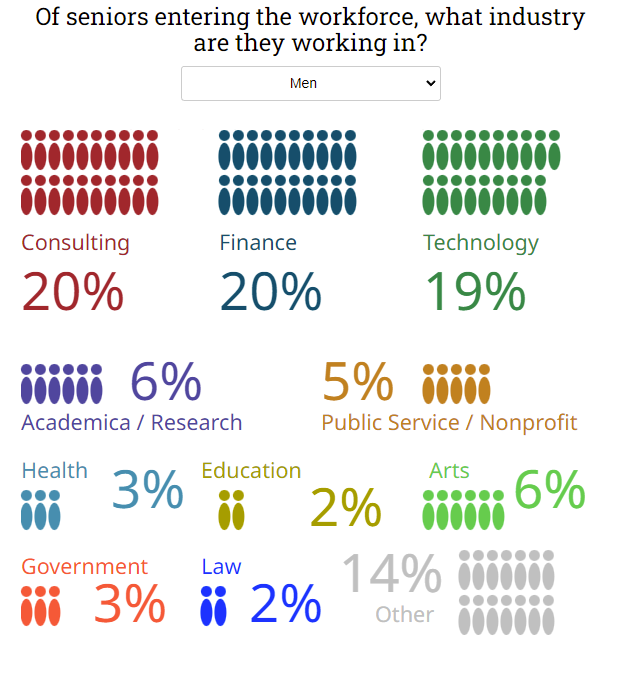
Really enjoyed this article.
I discussed some excerpts from it with my cousin.
Some of his responses may be interesting to you: